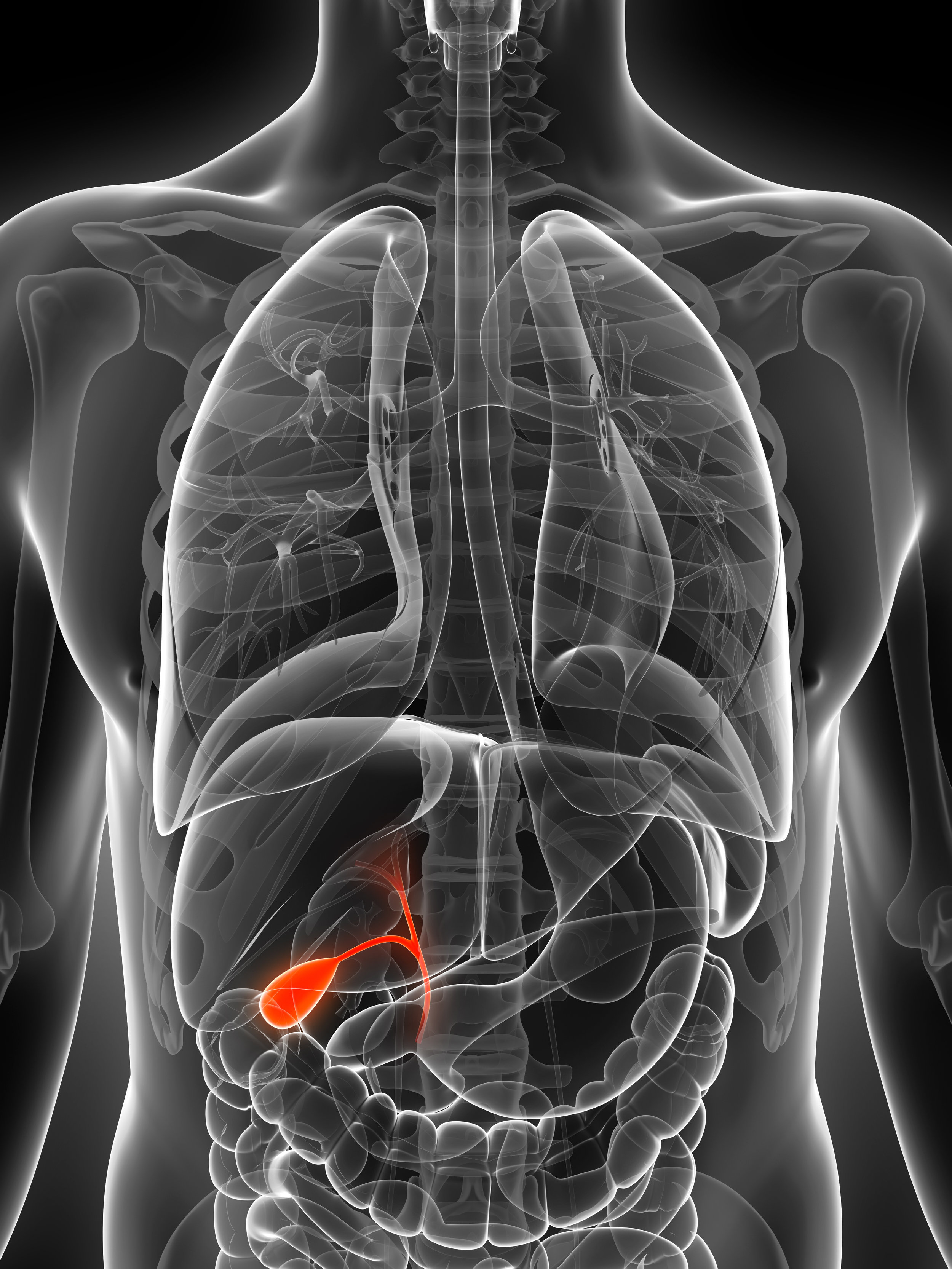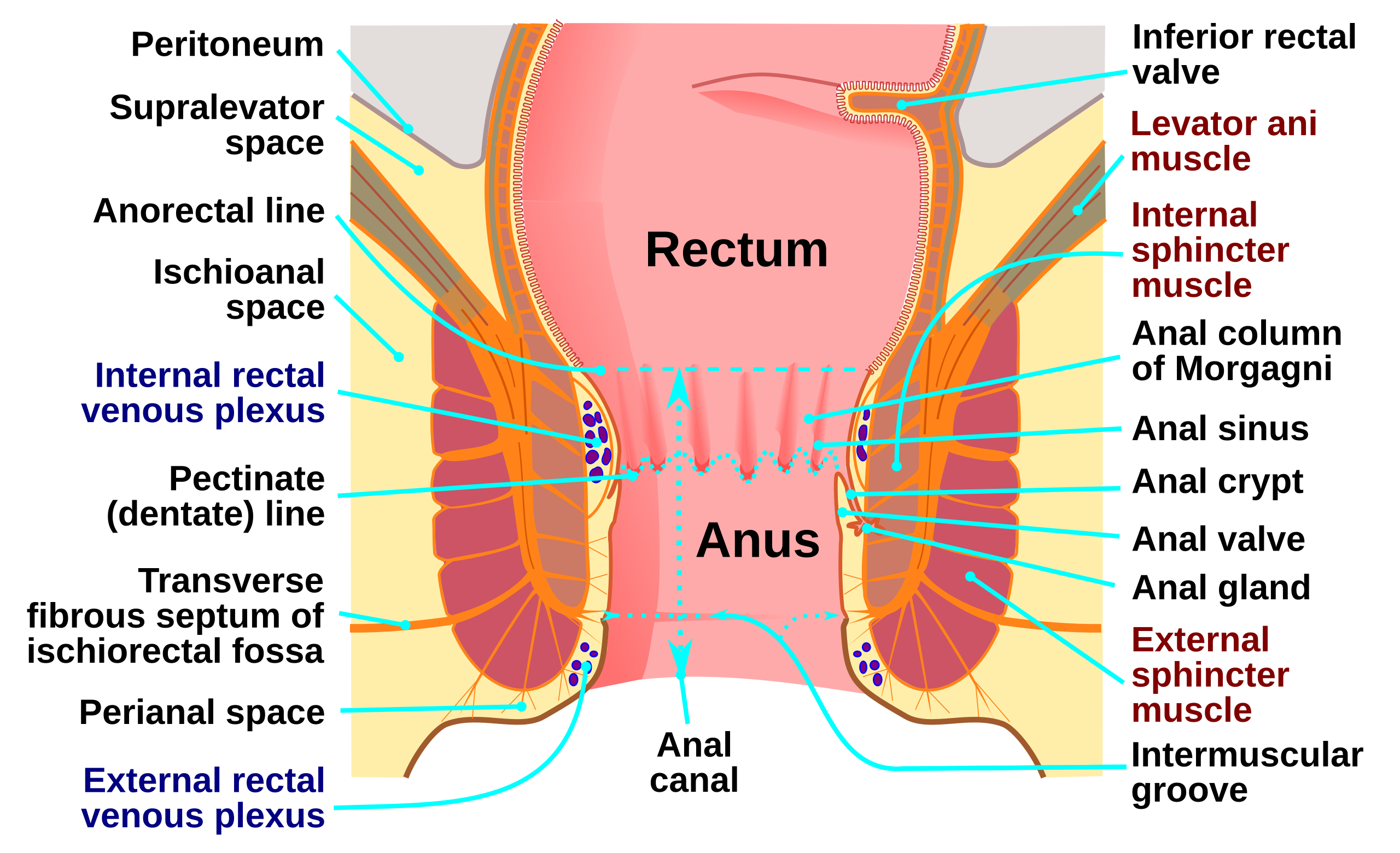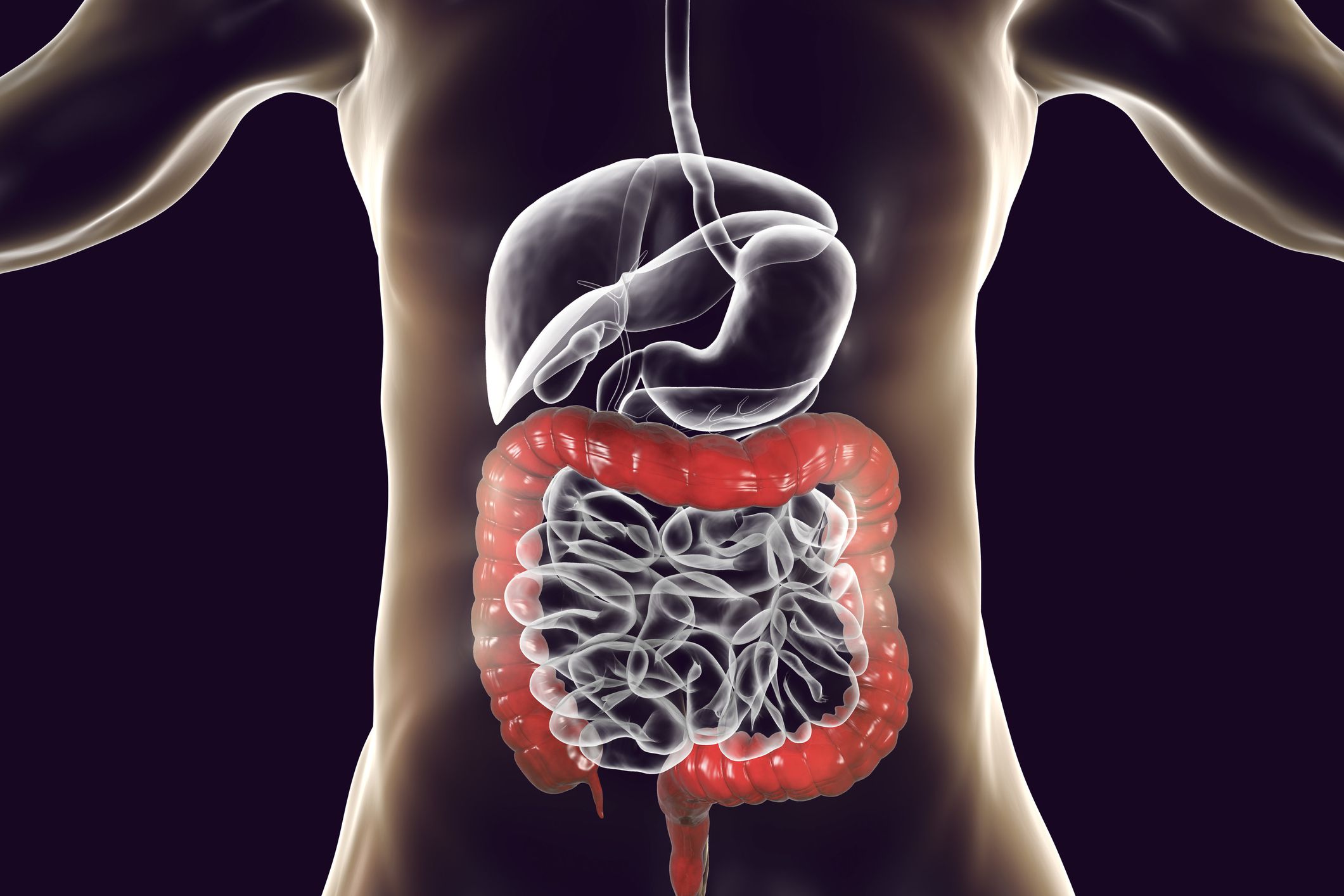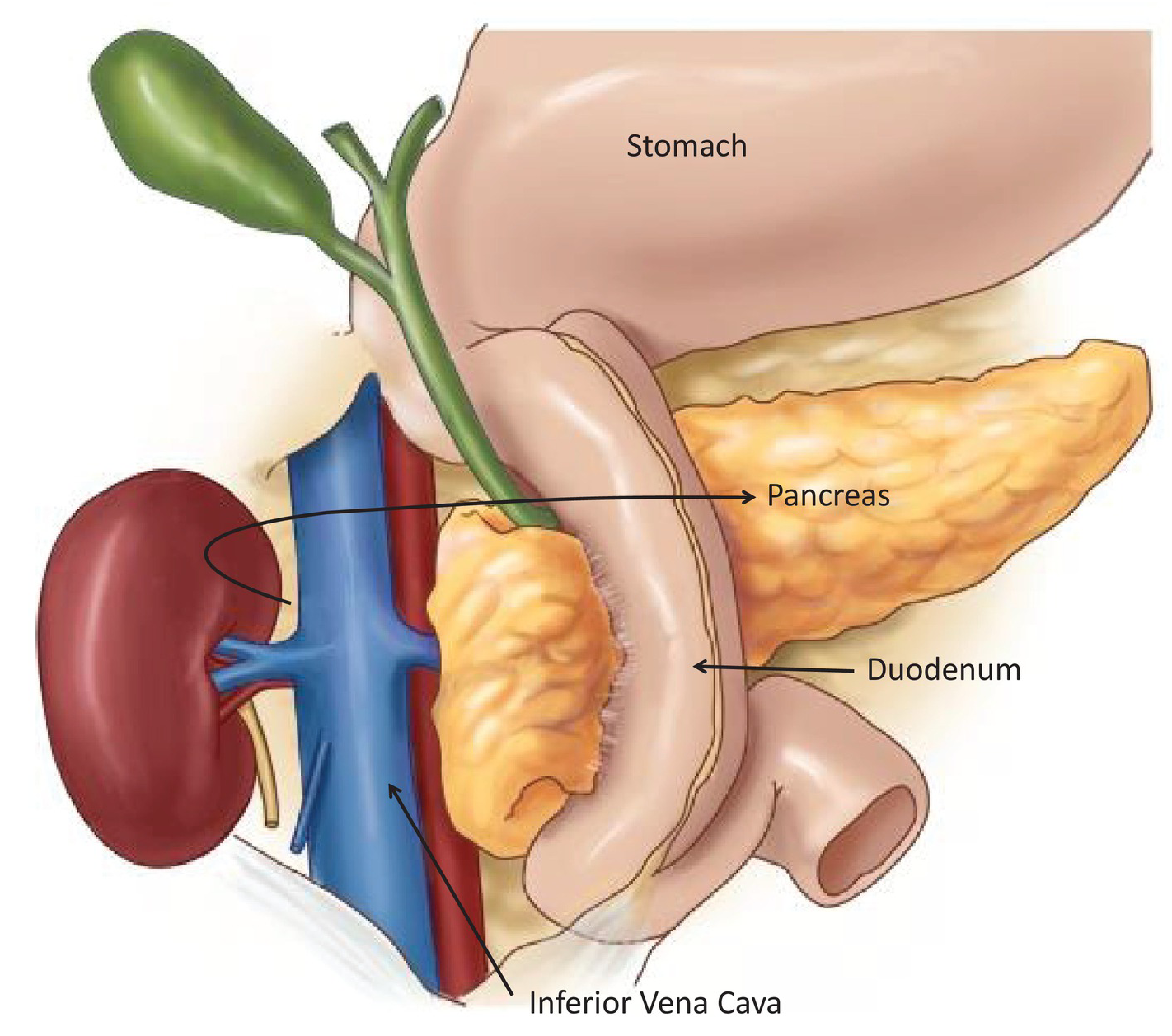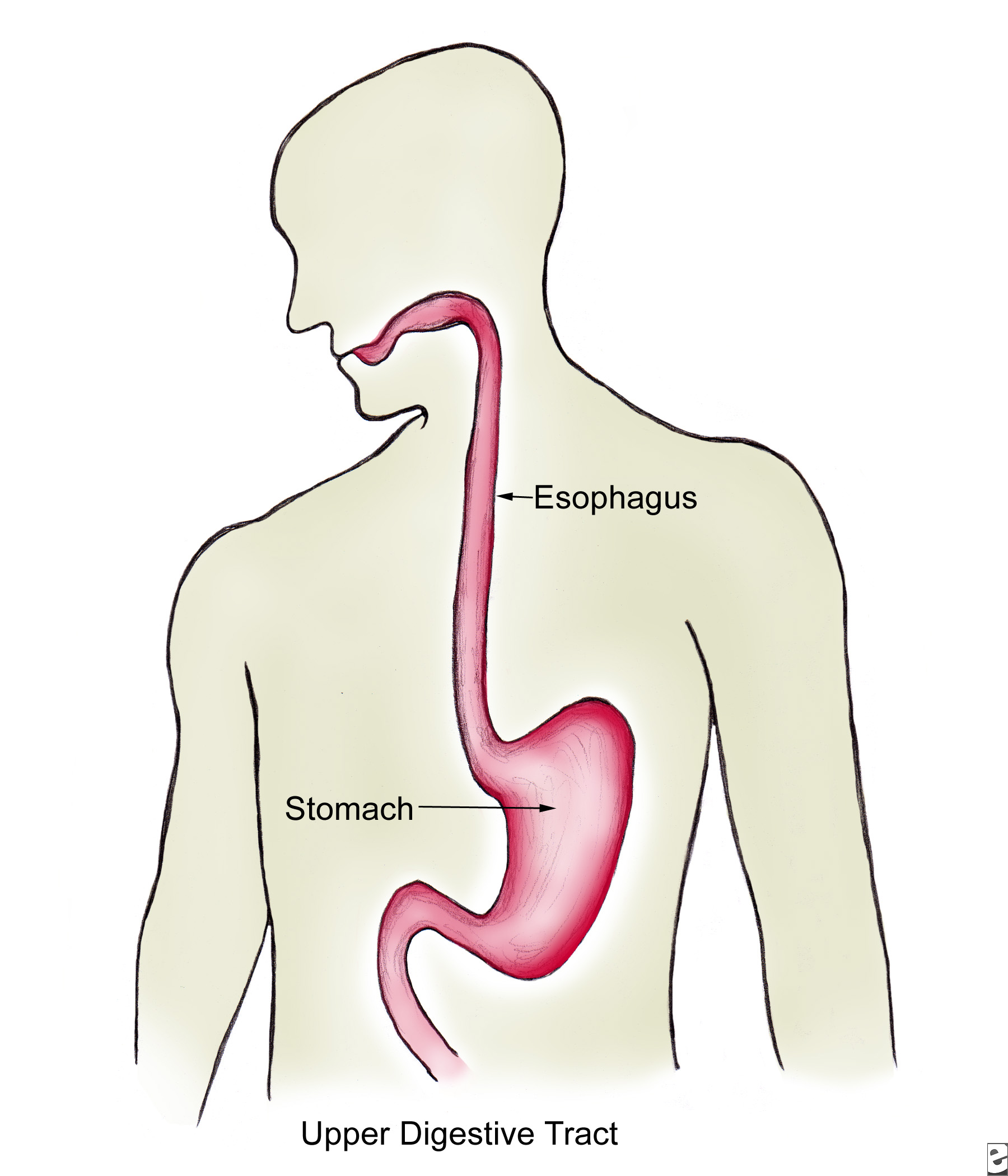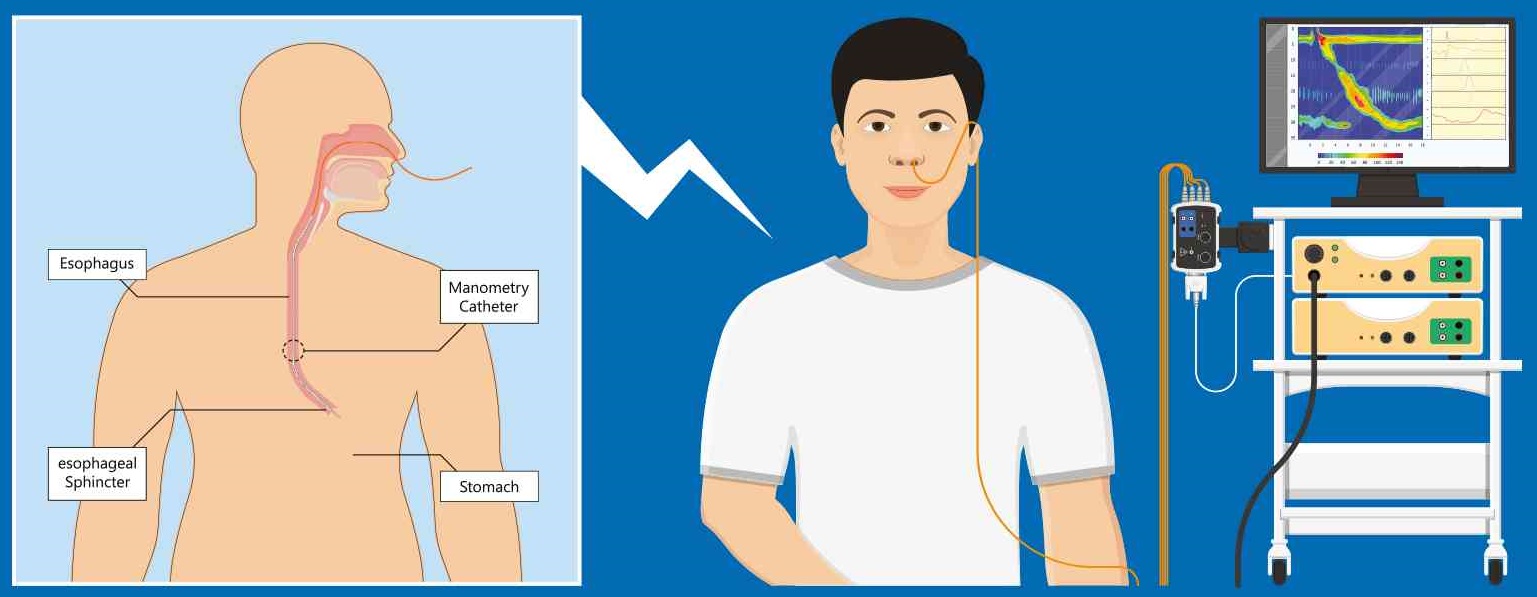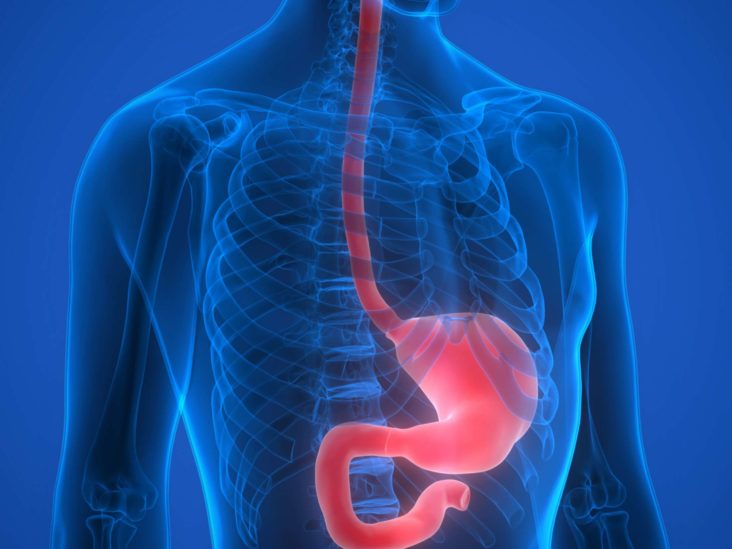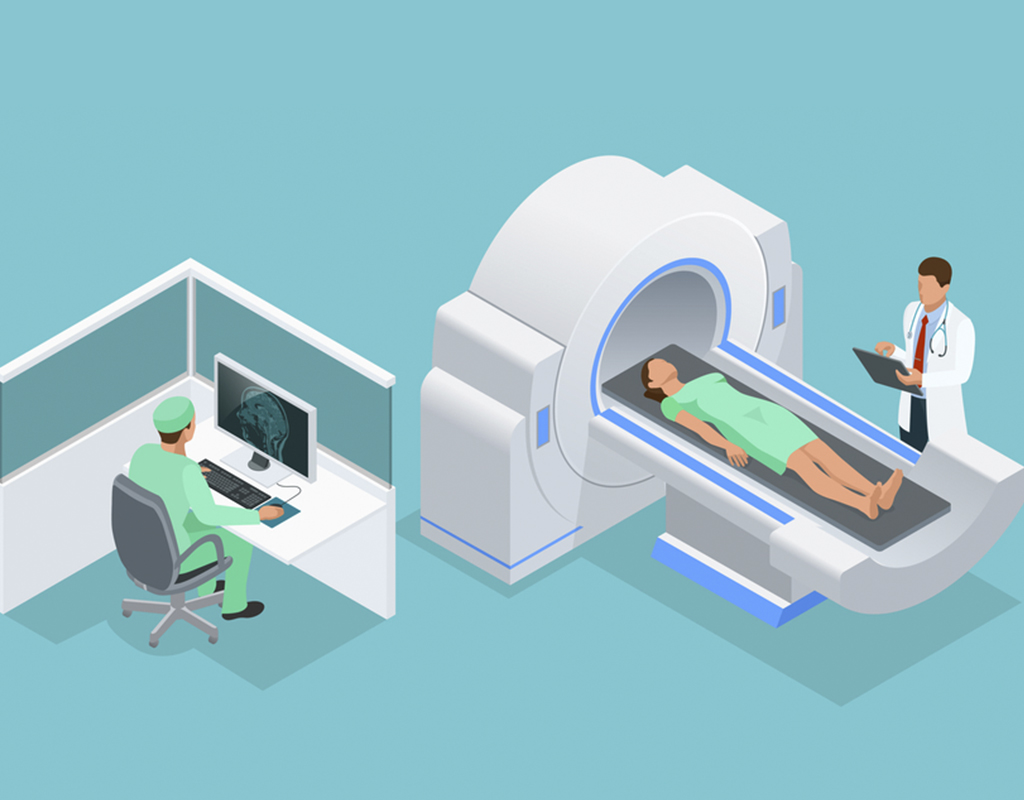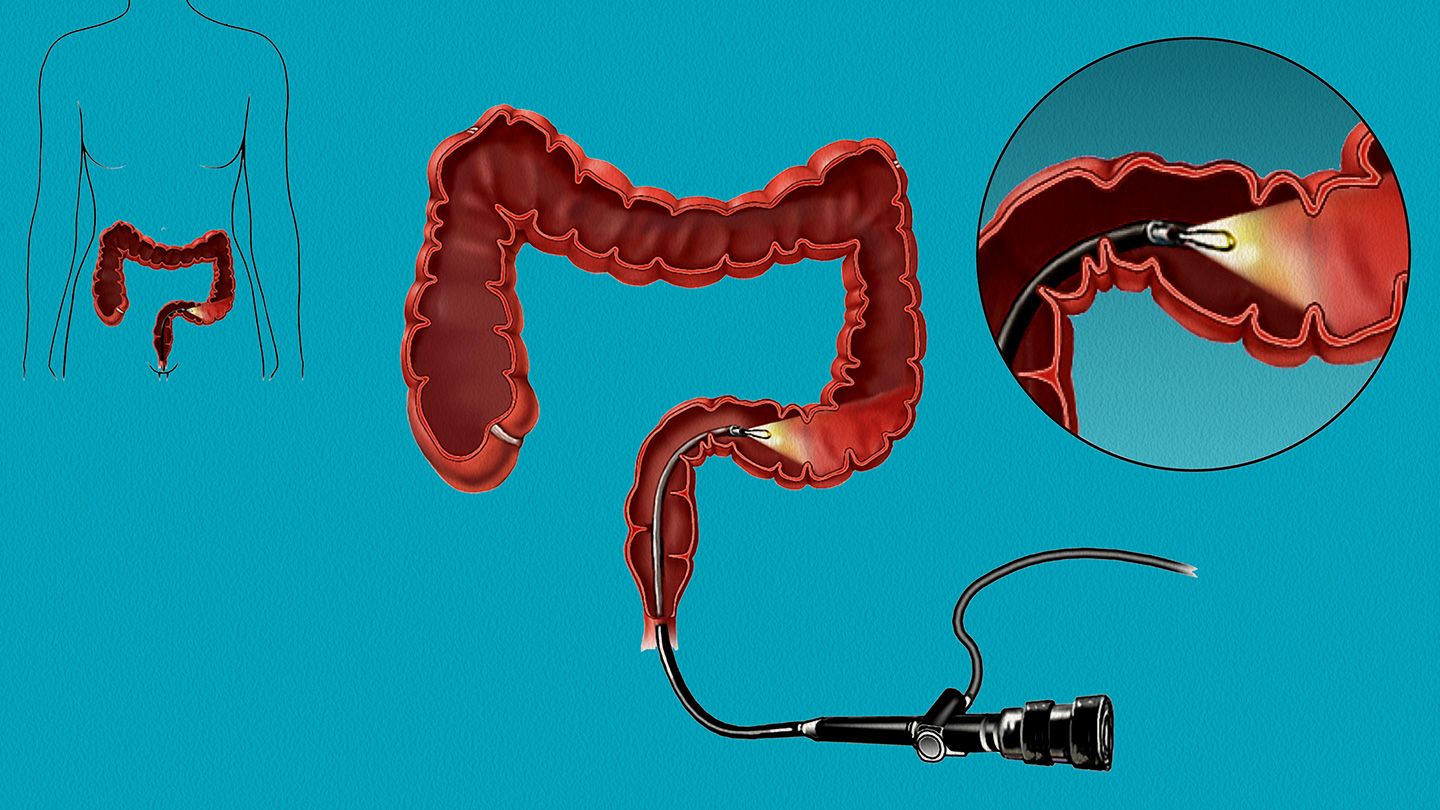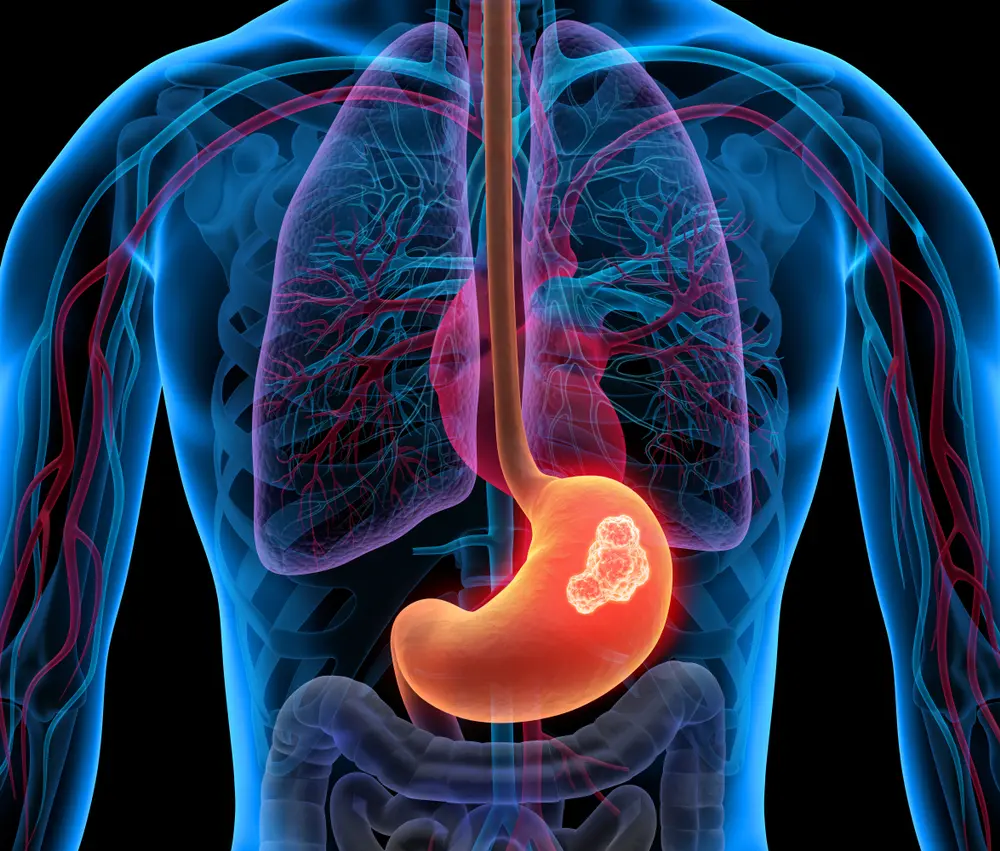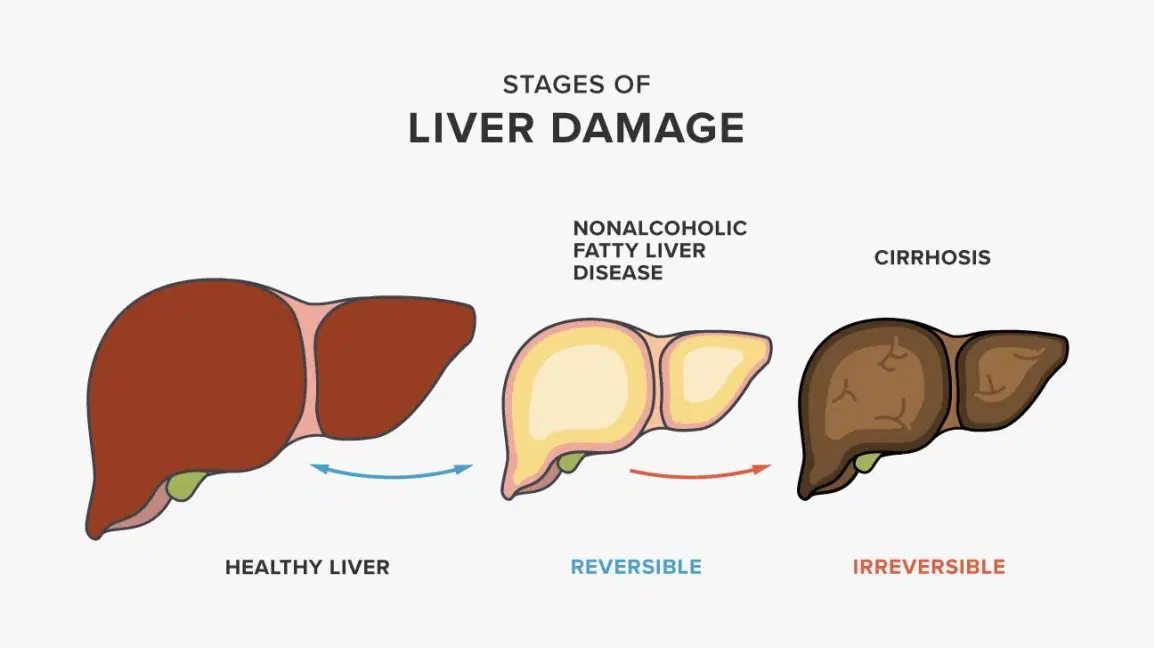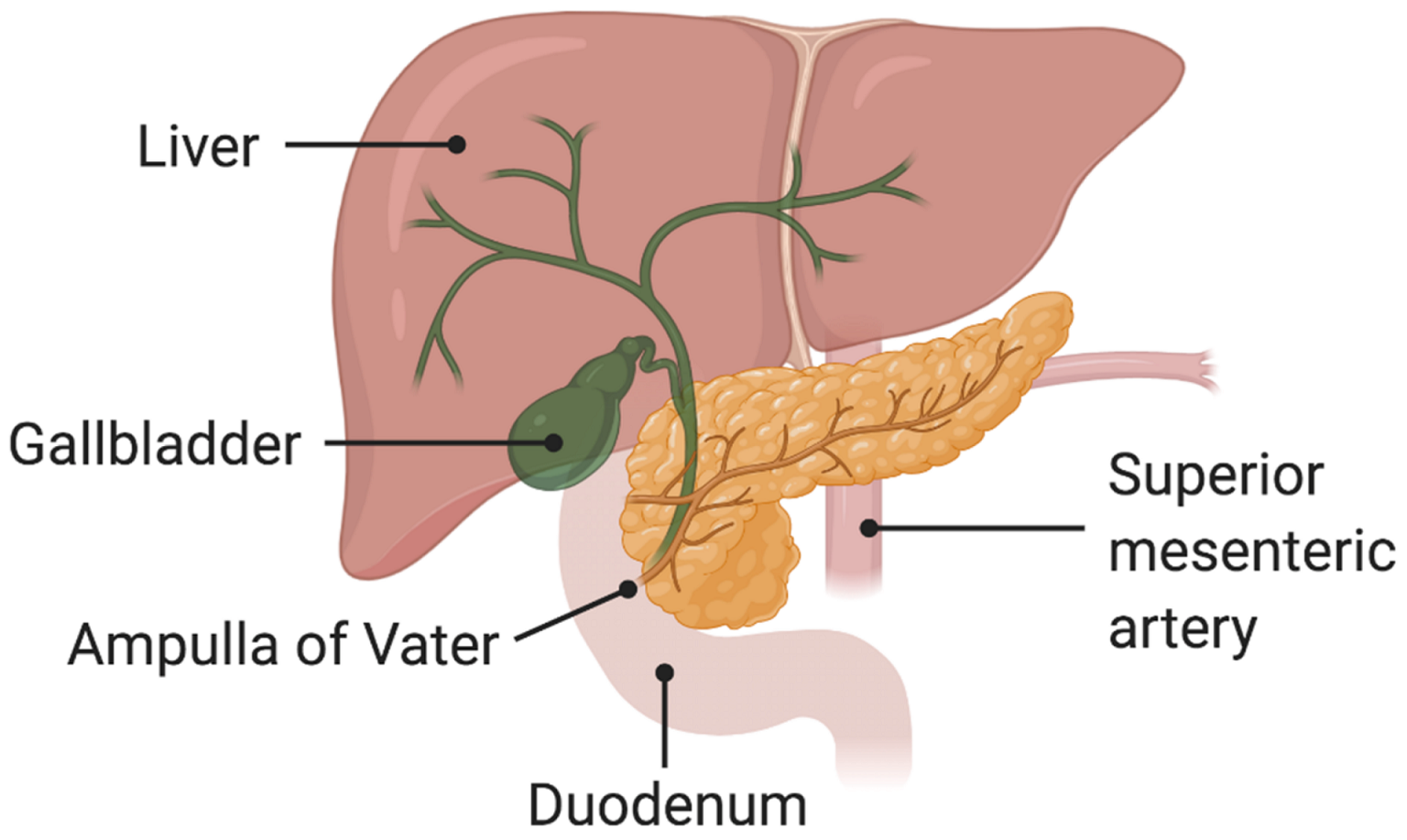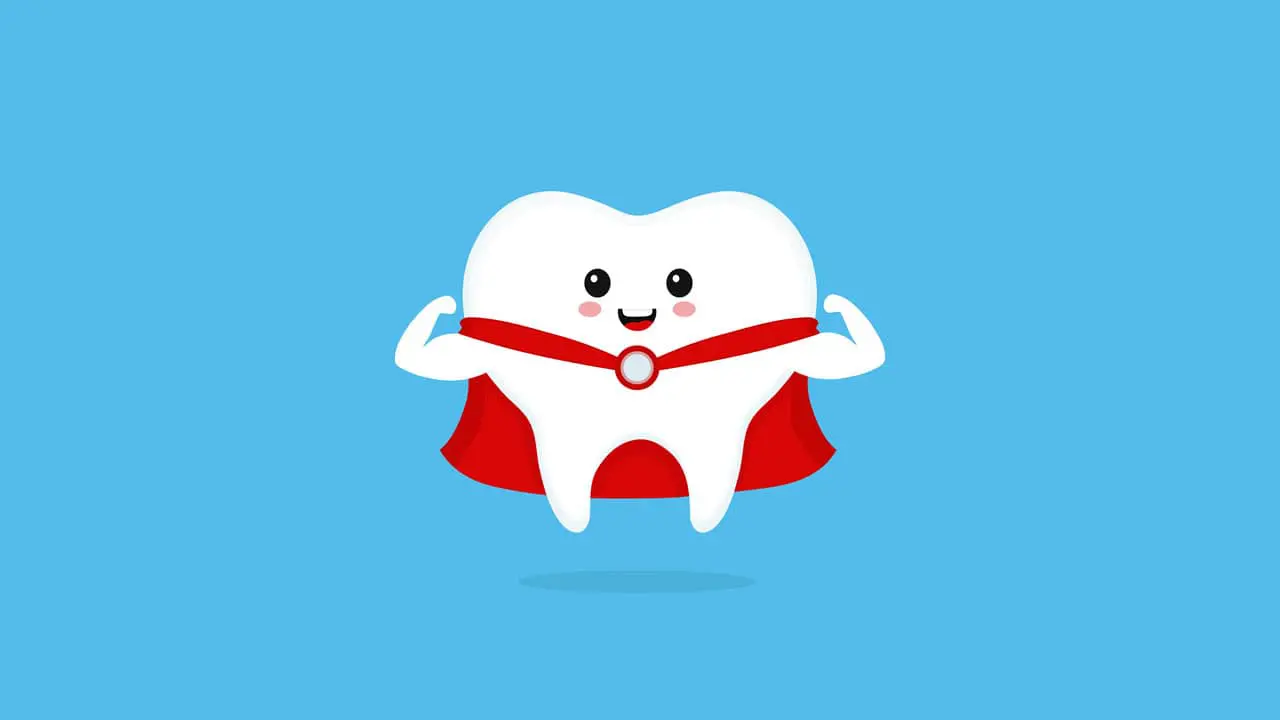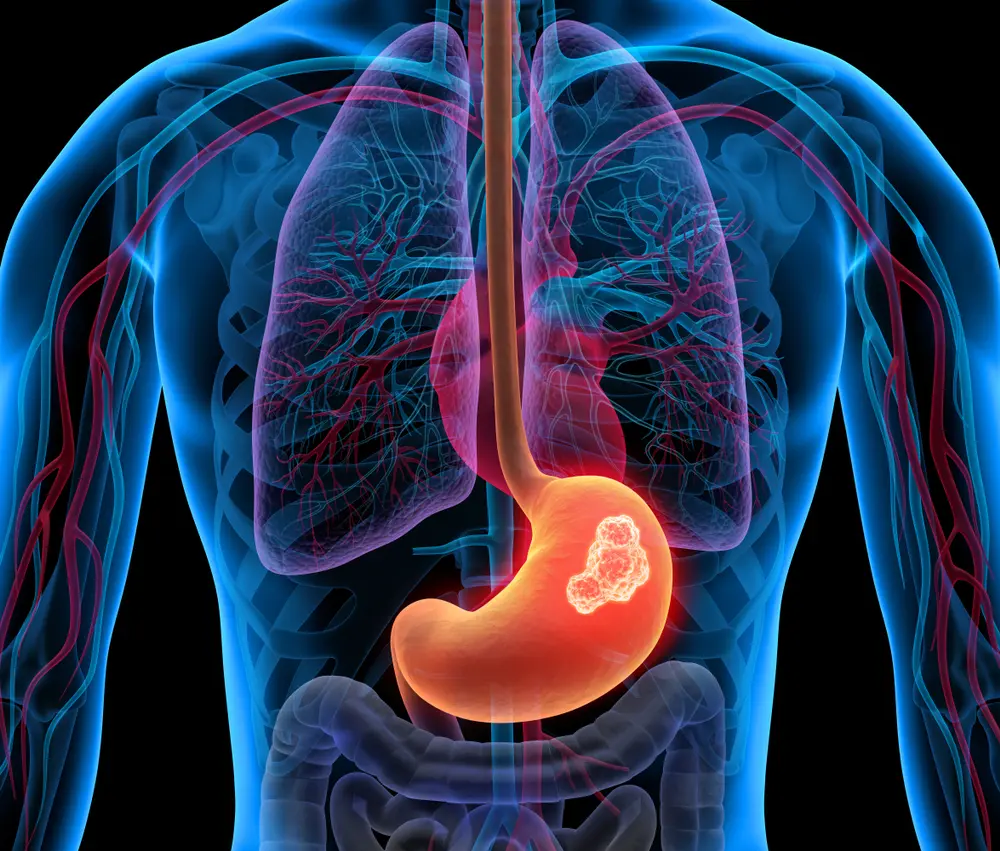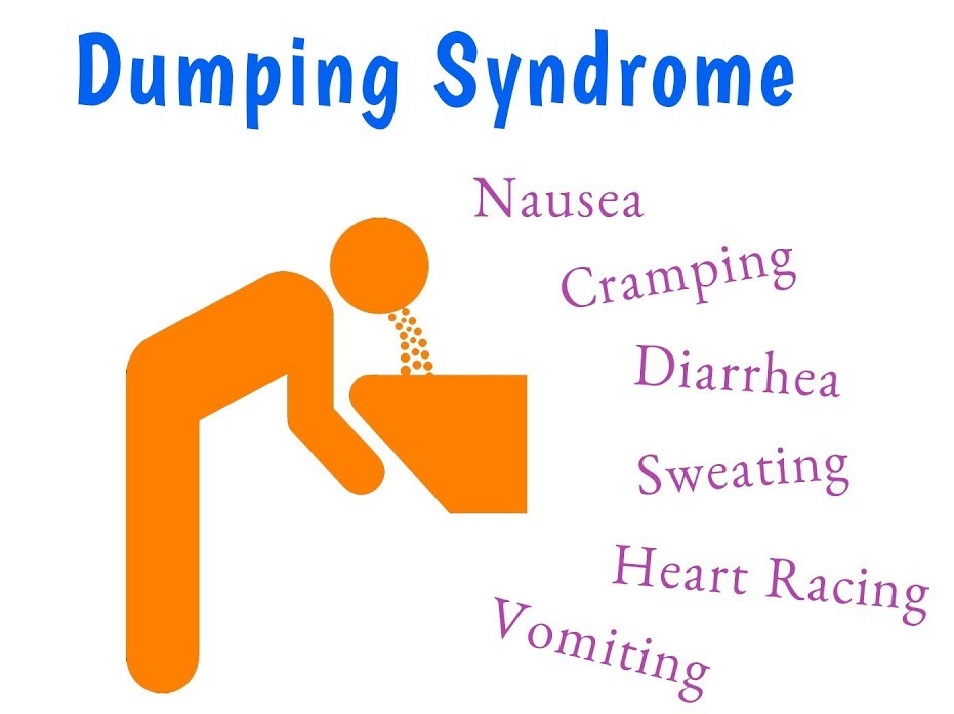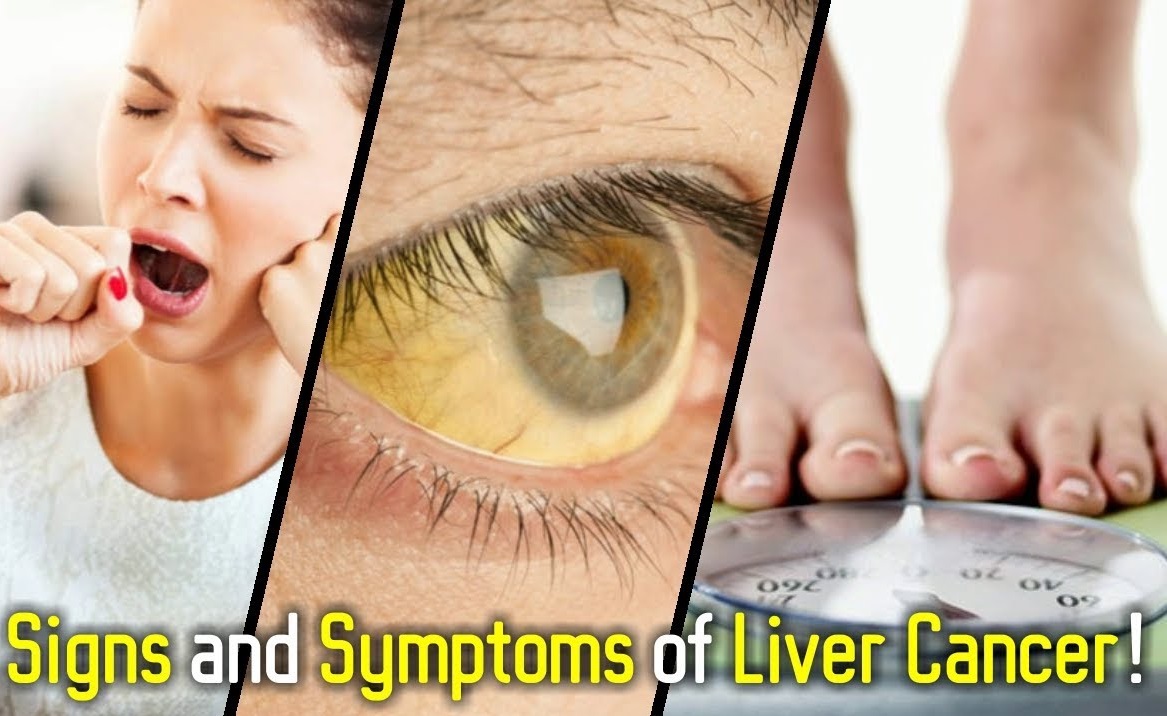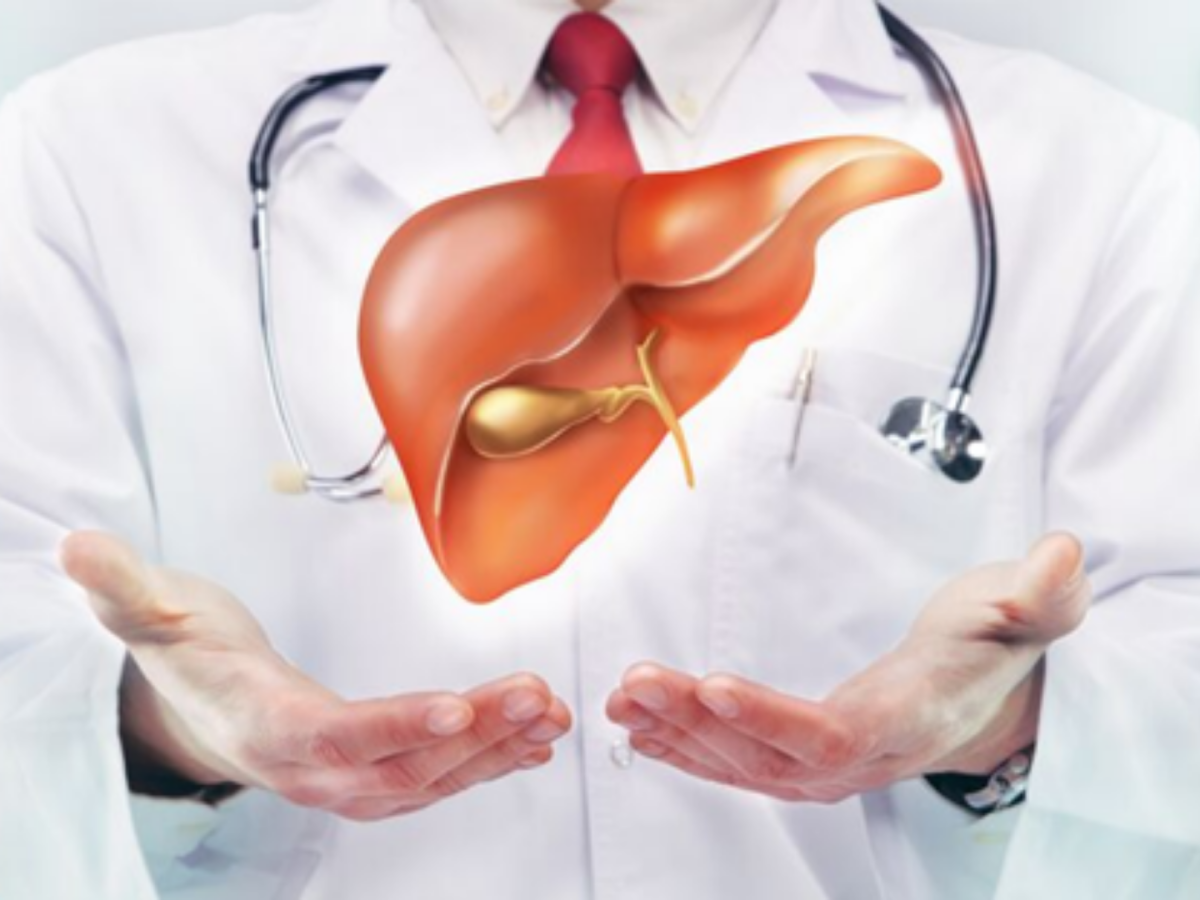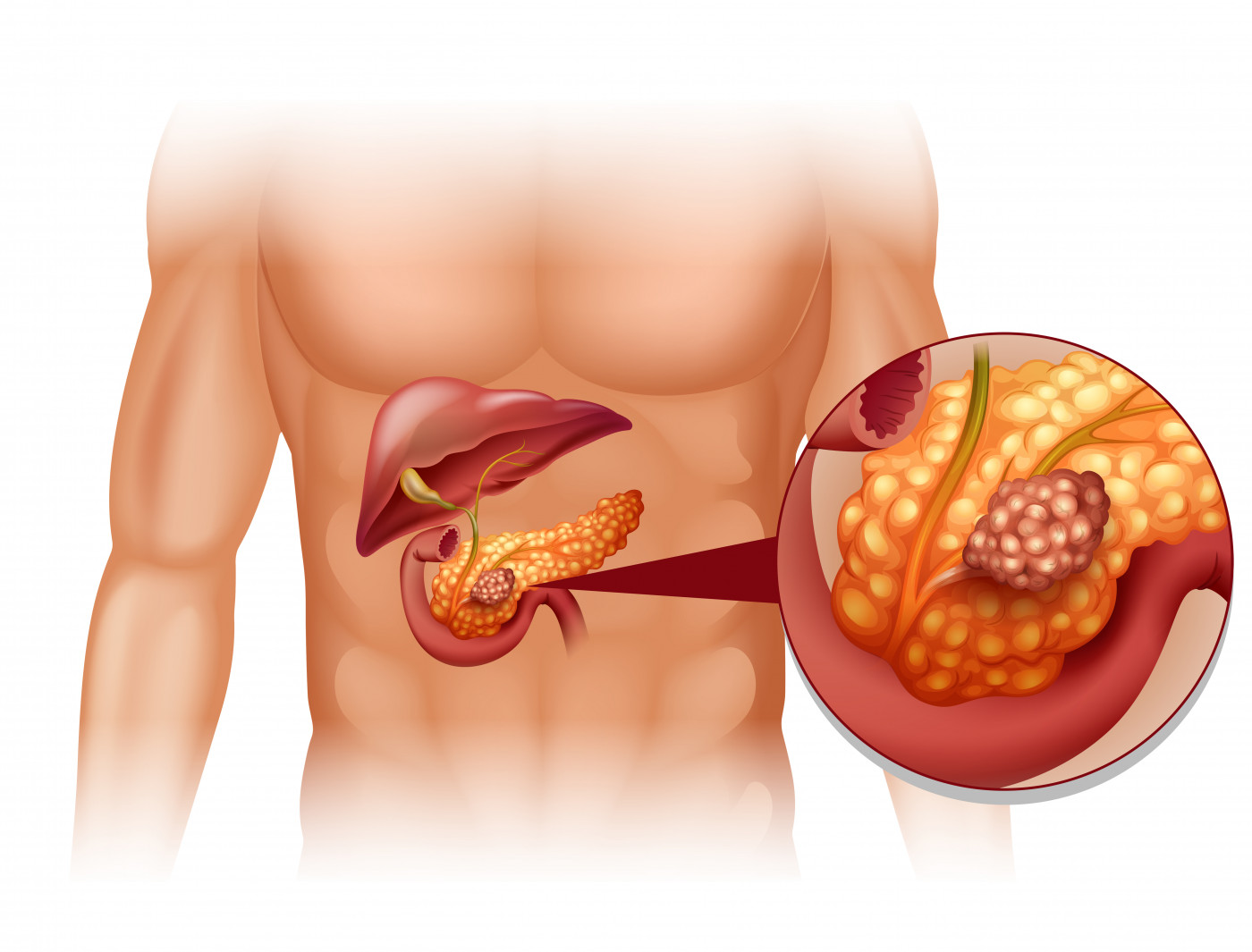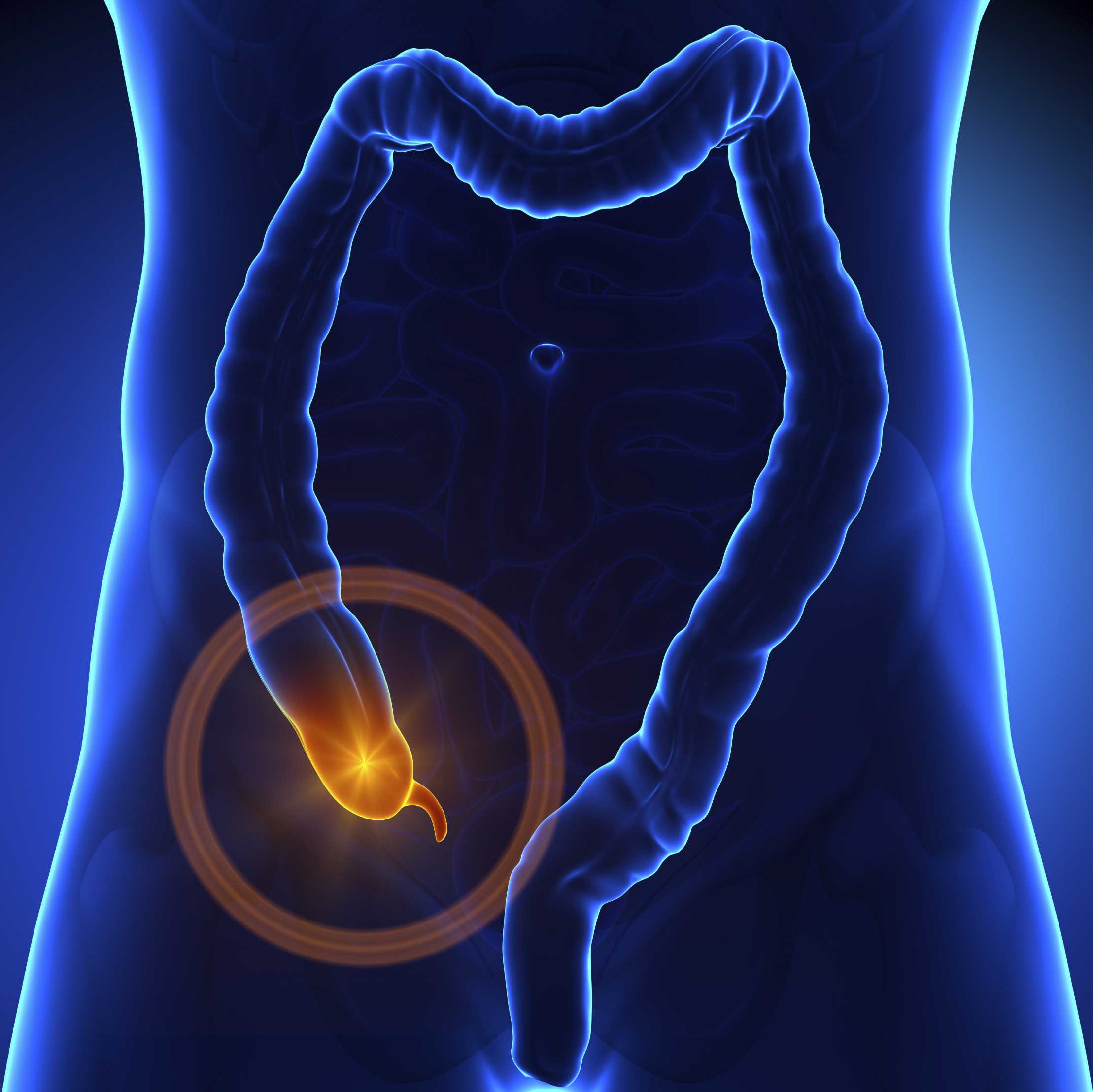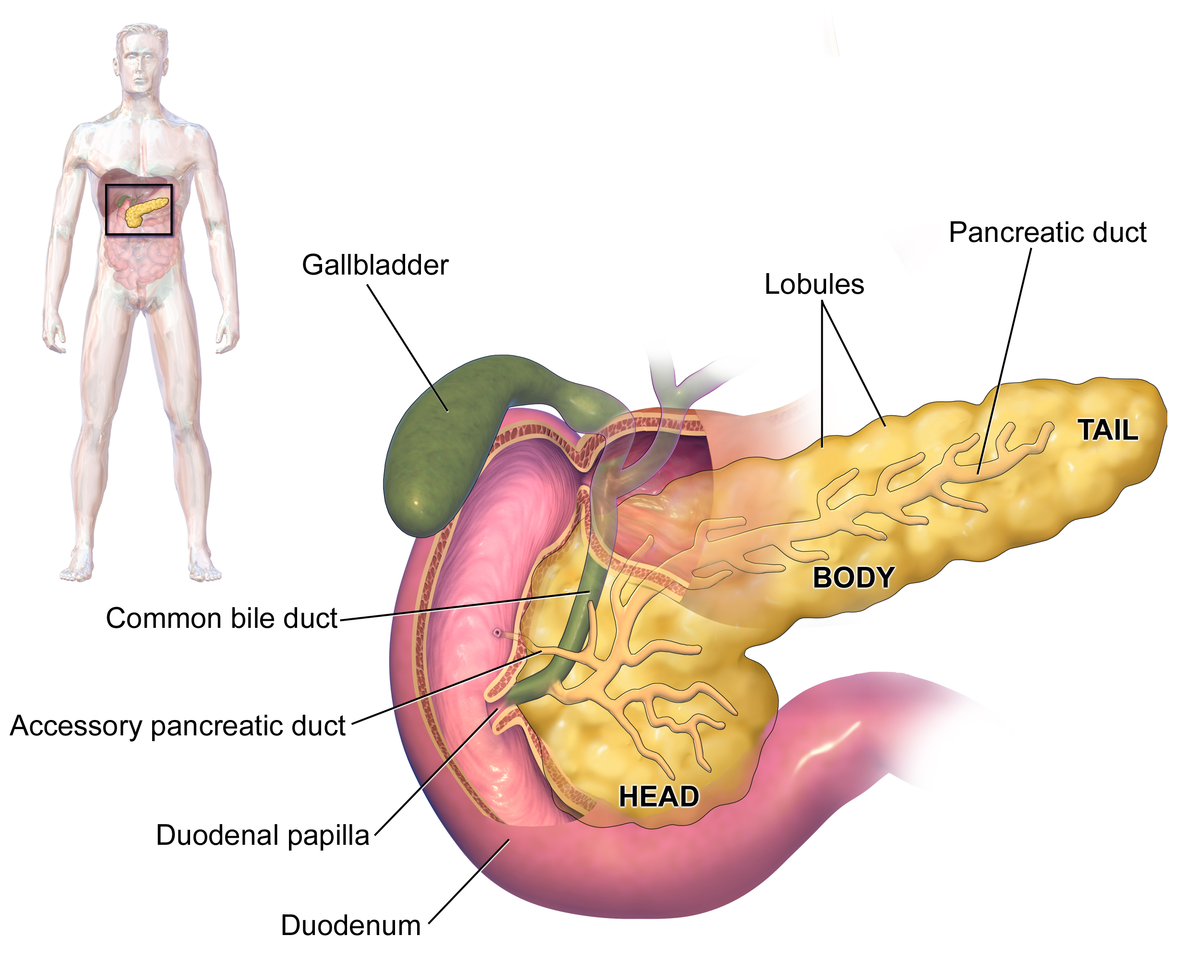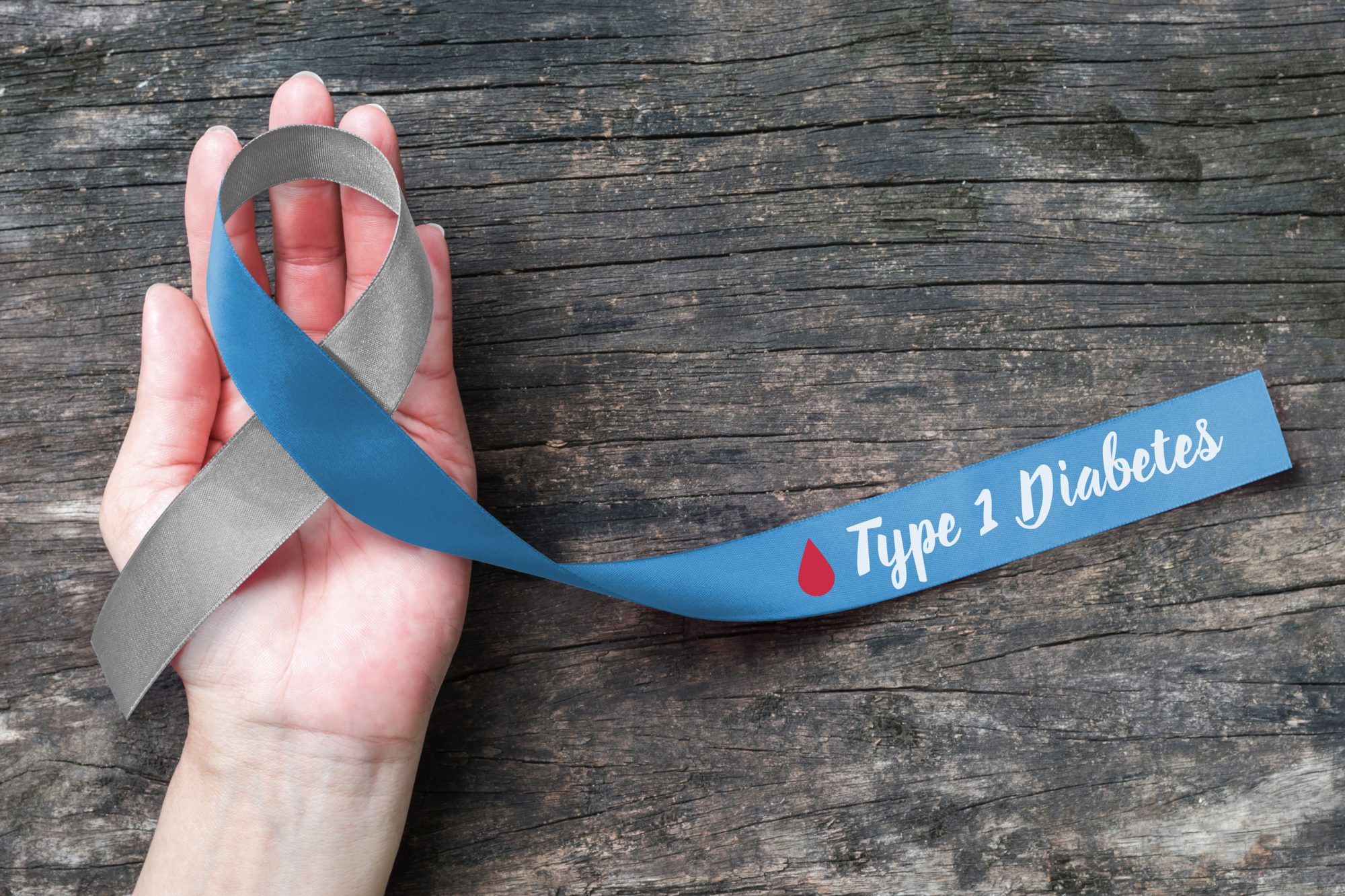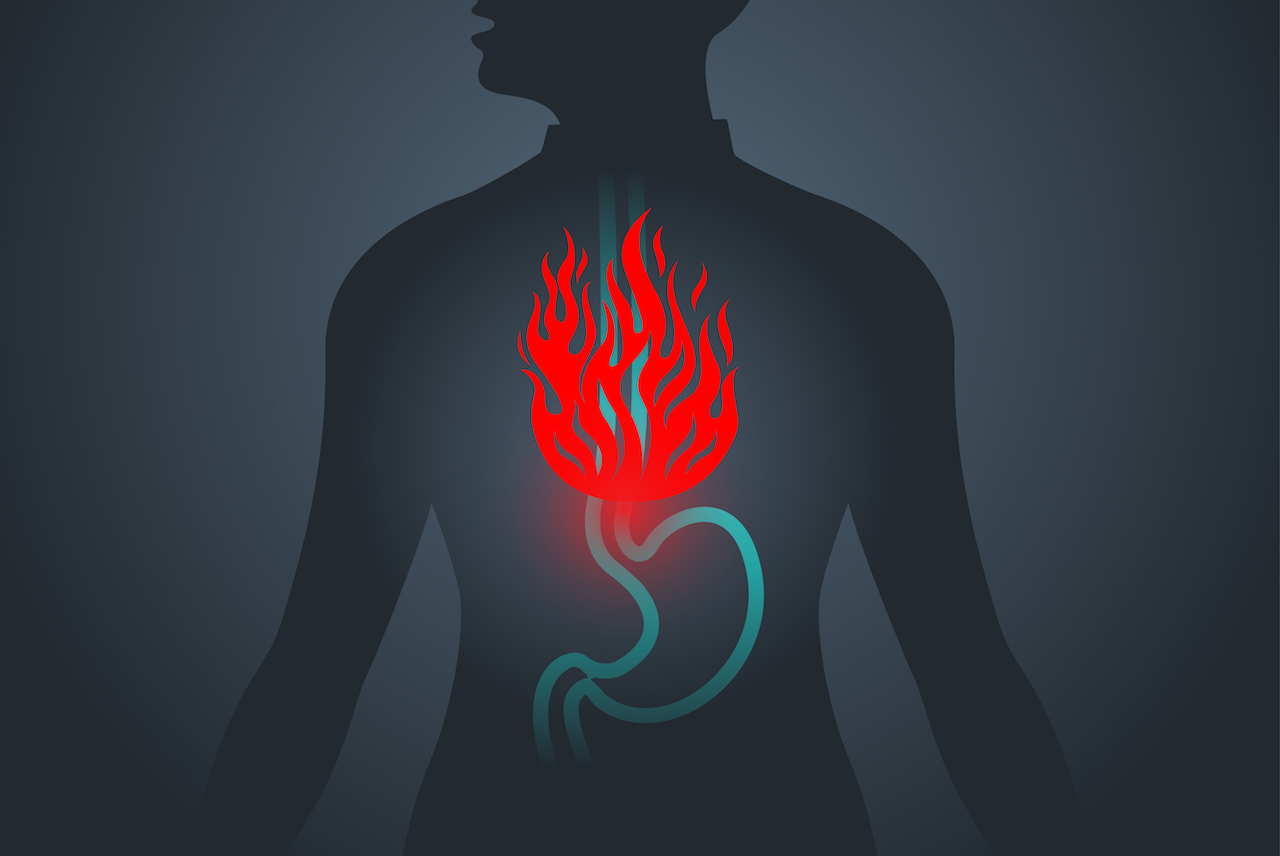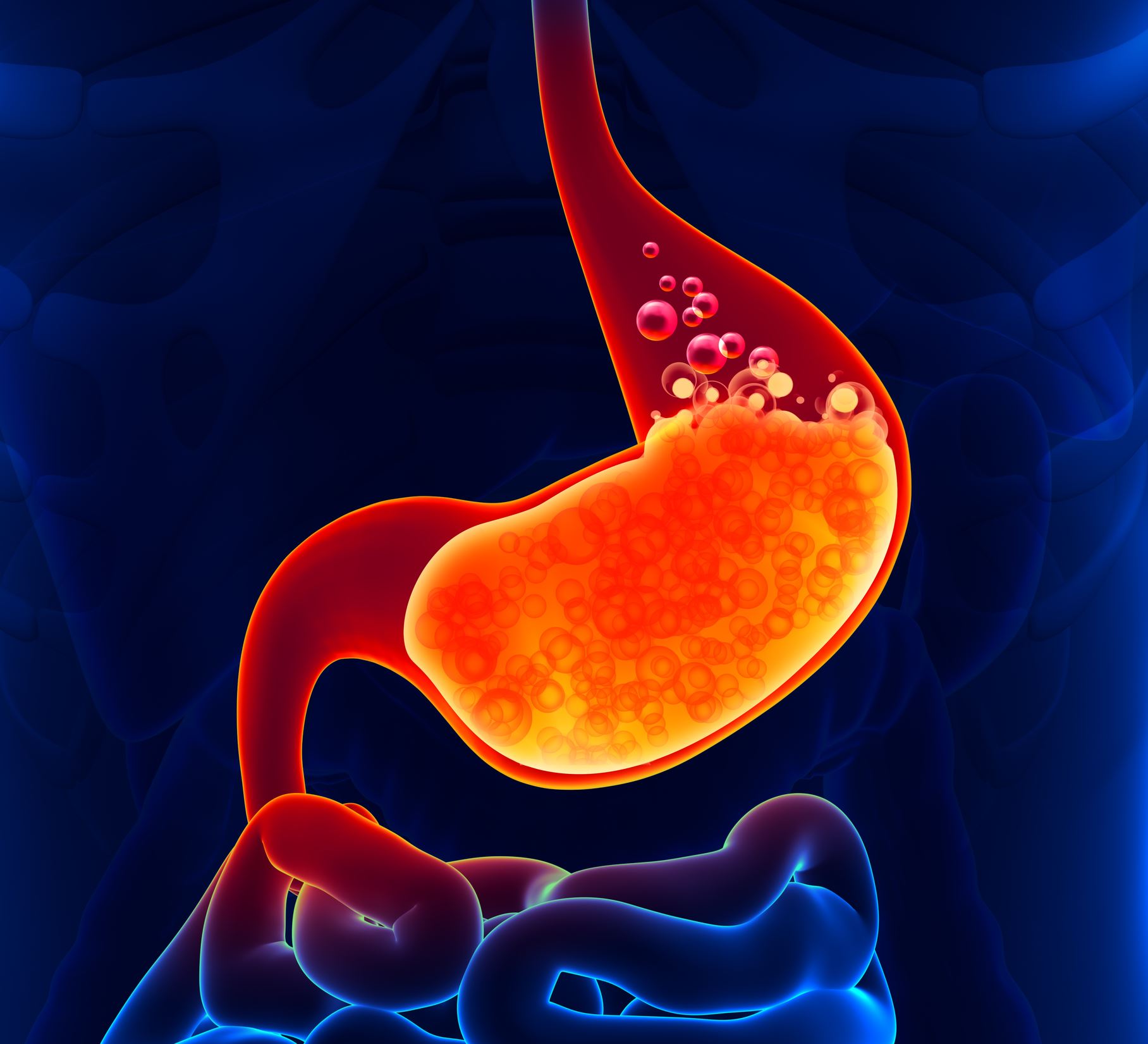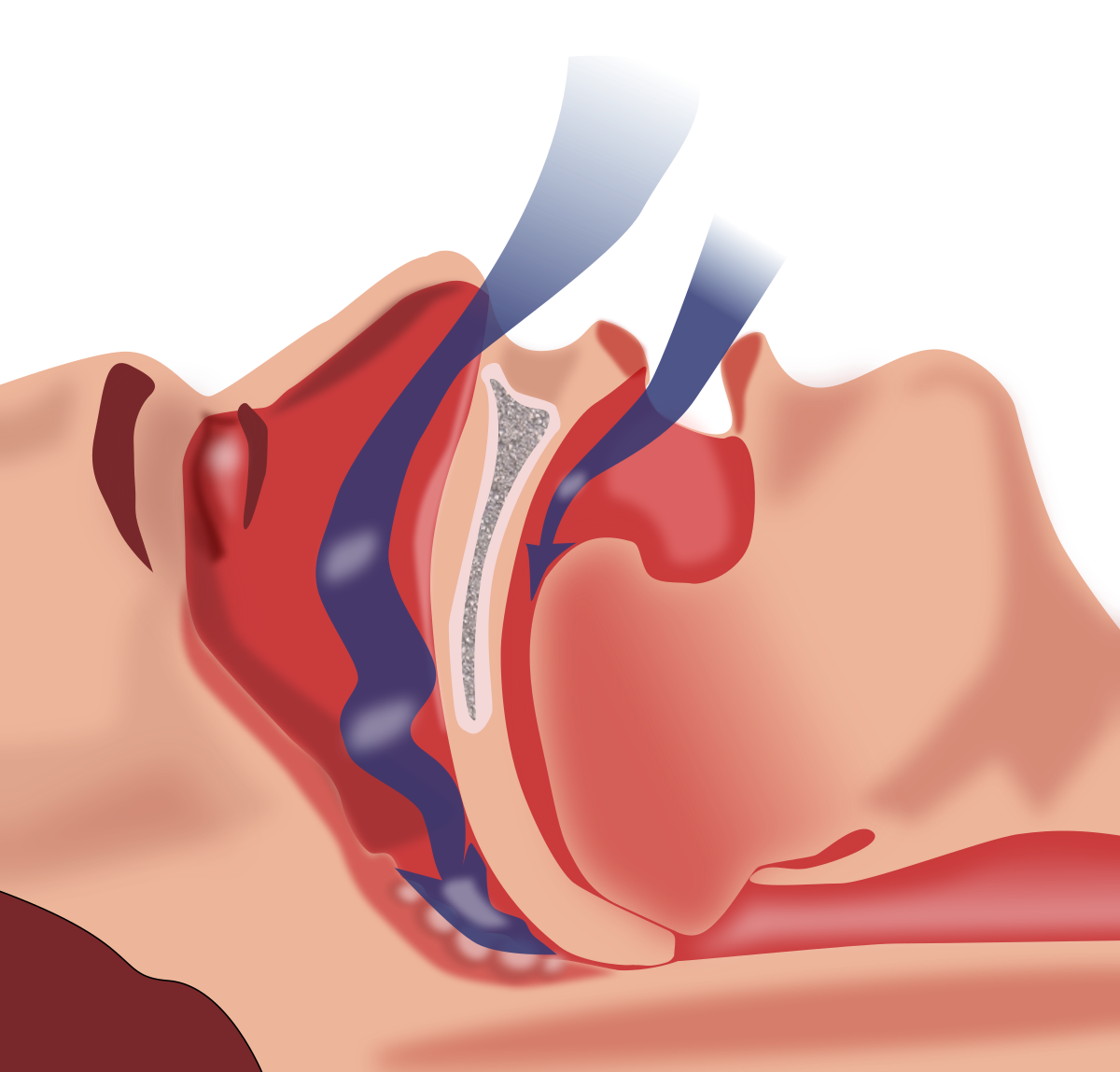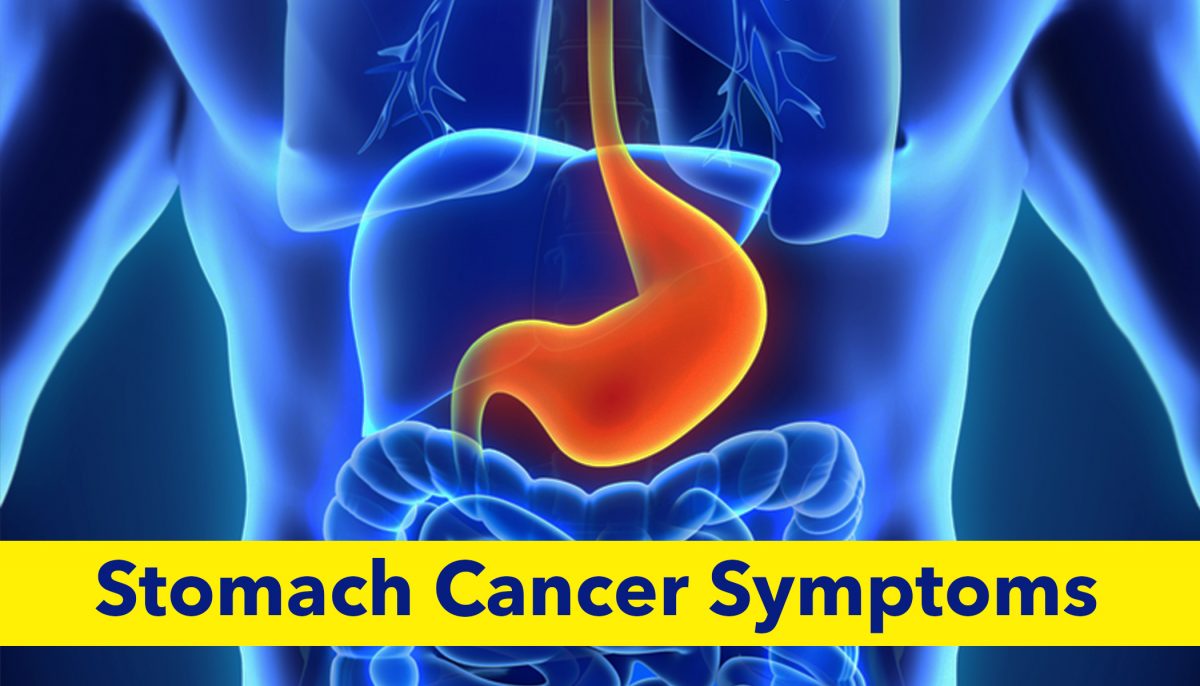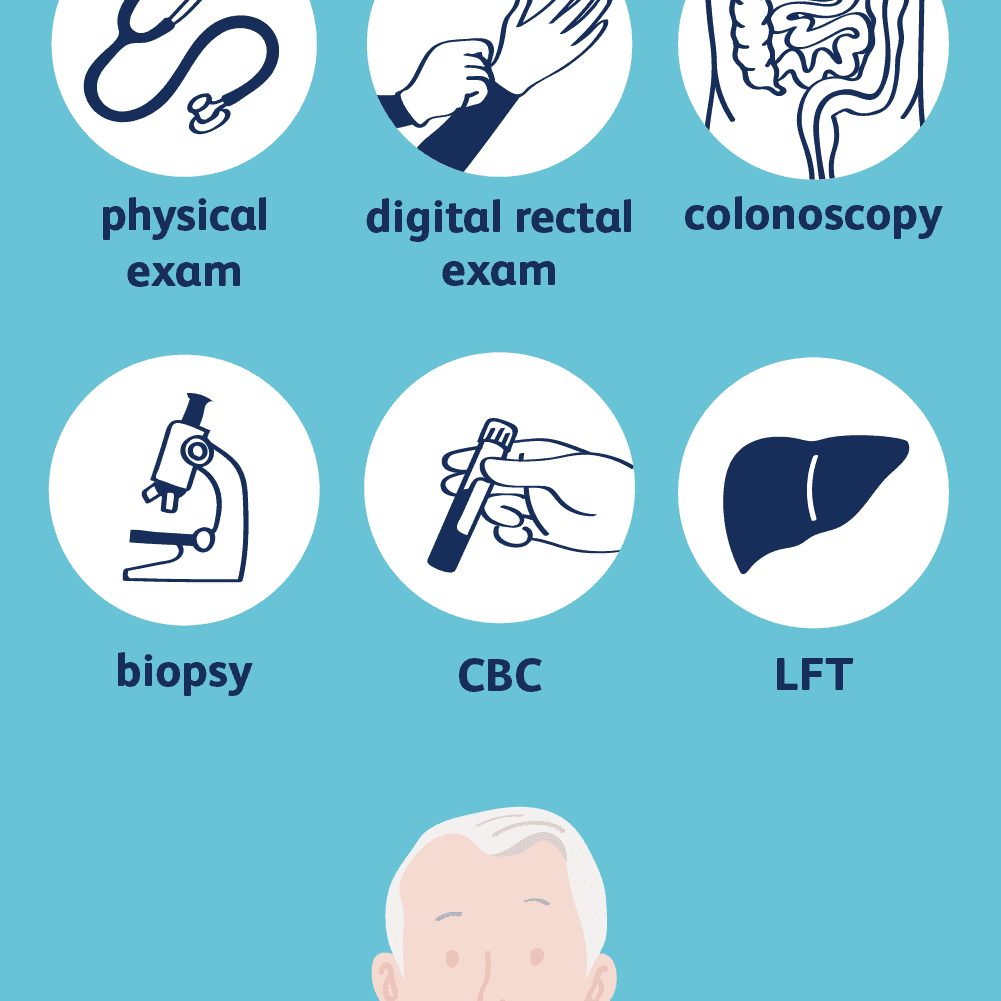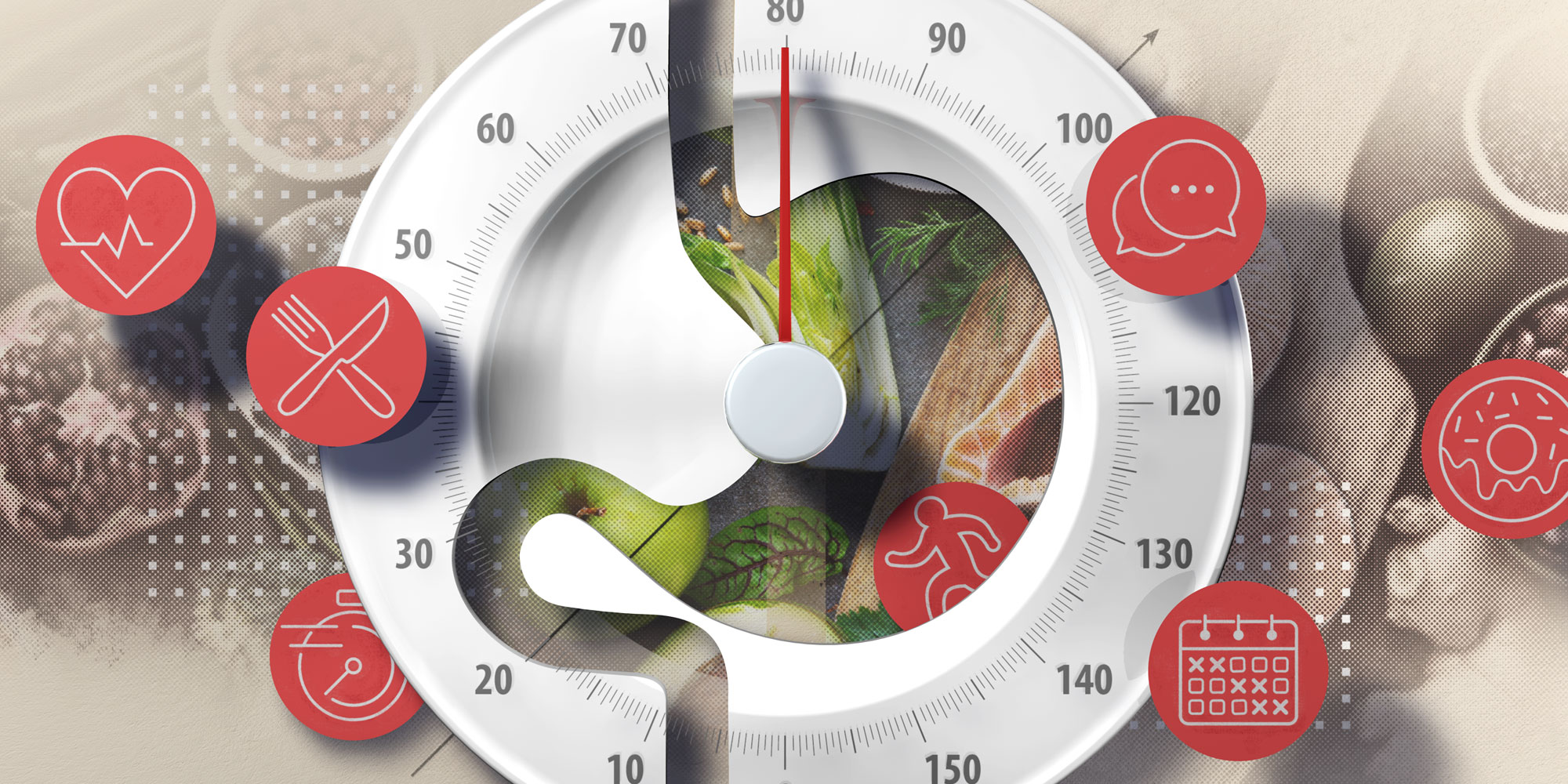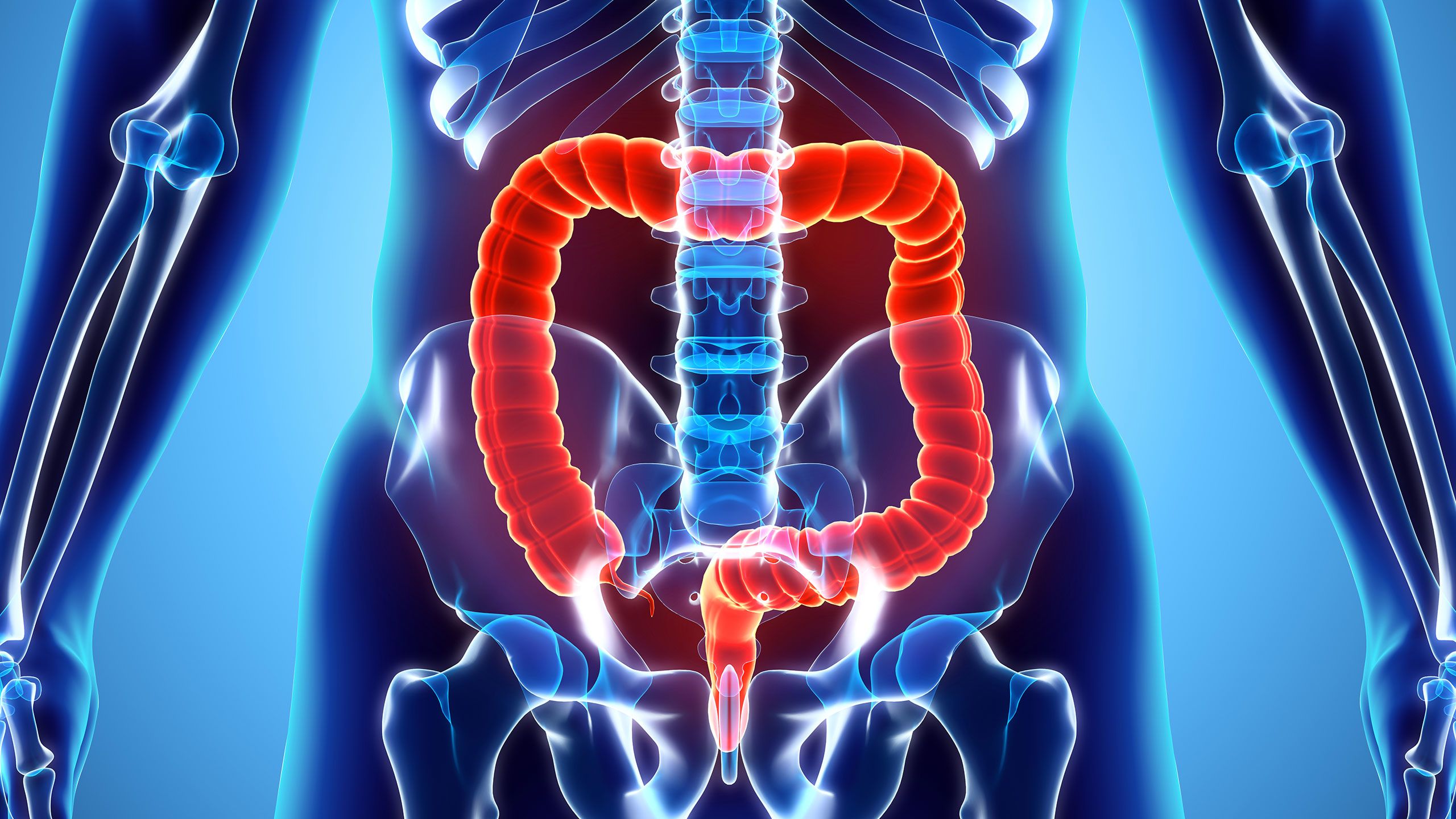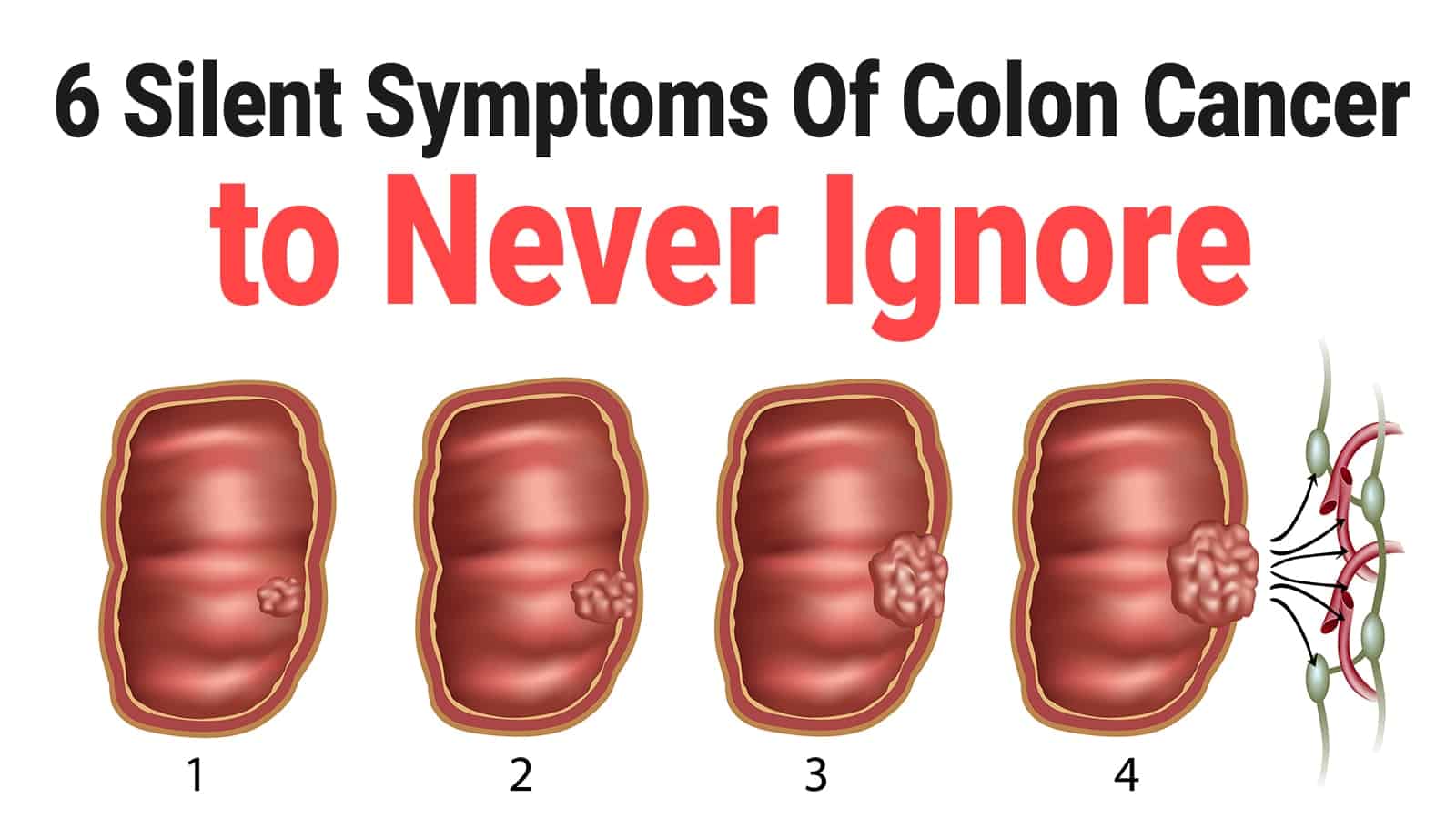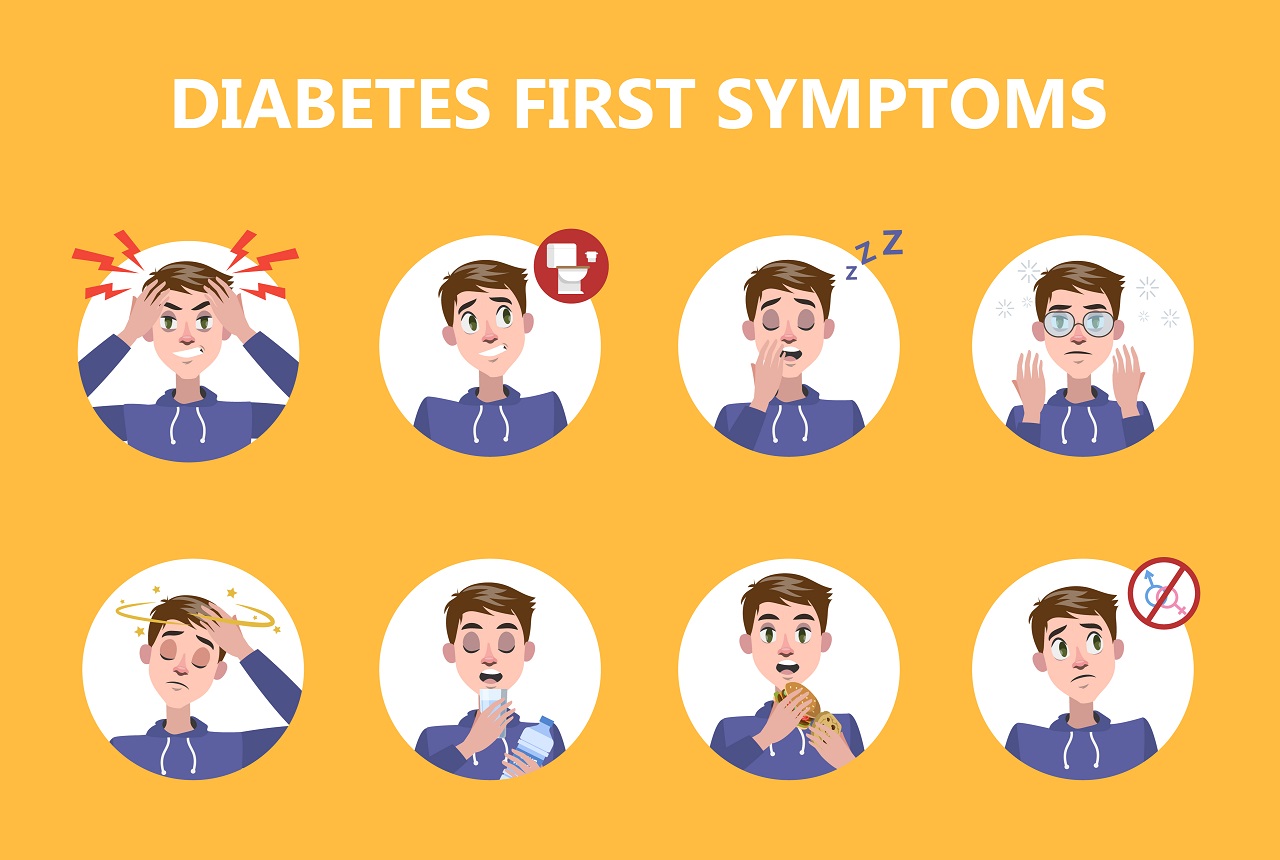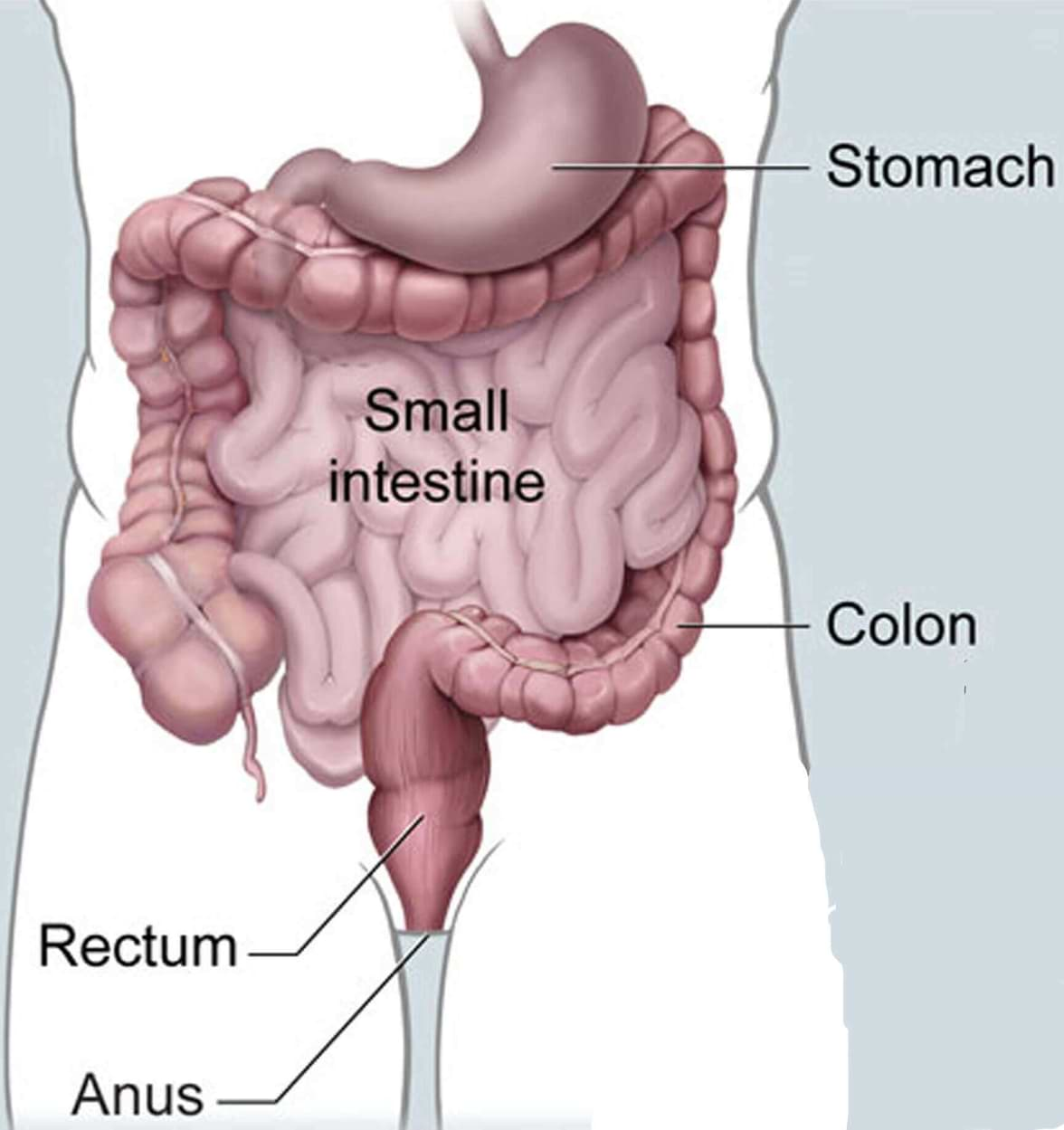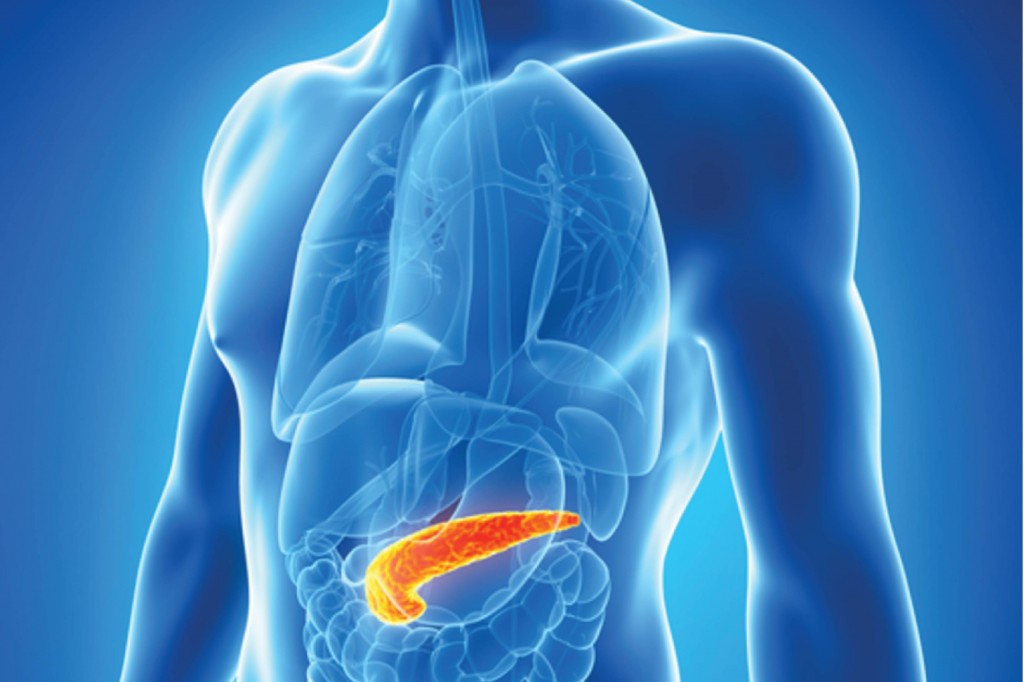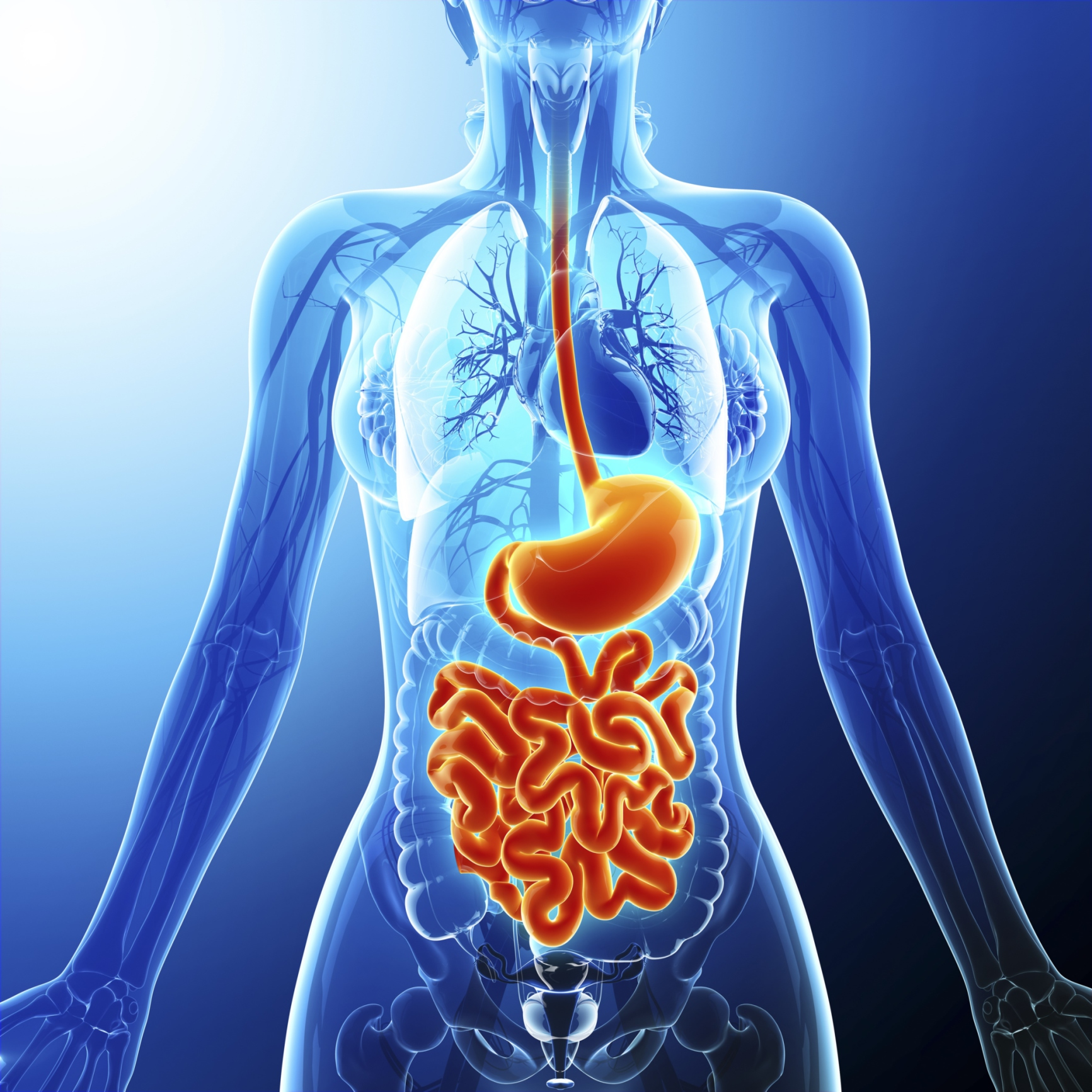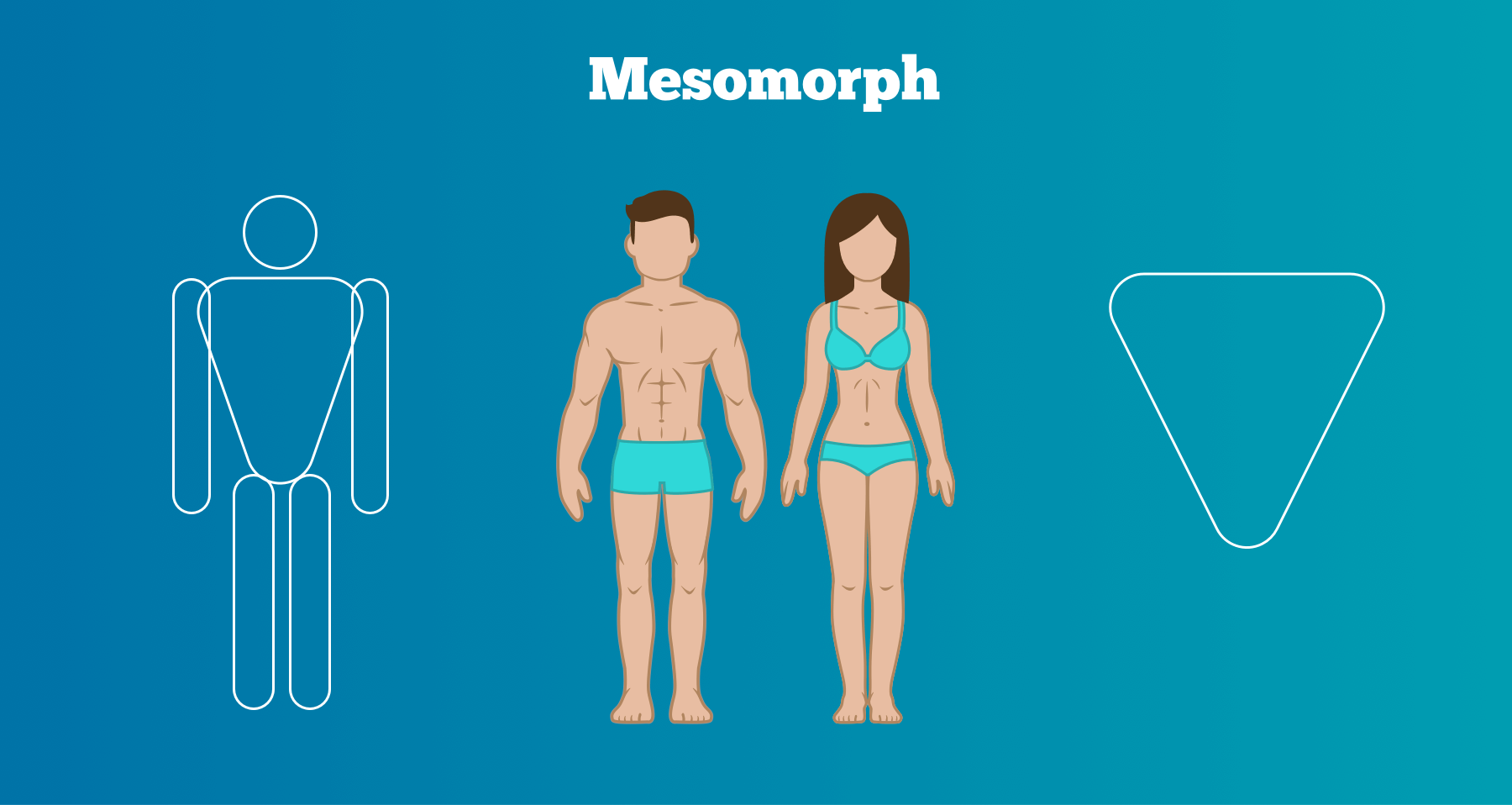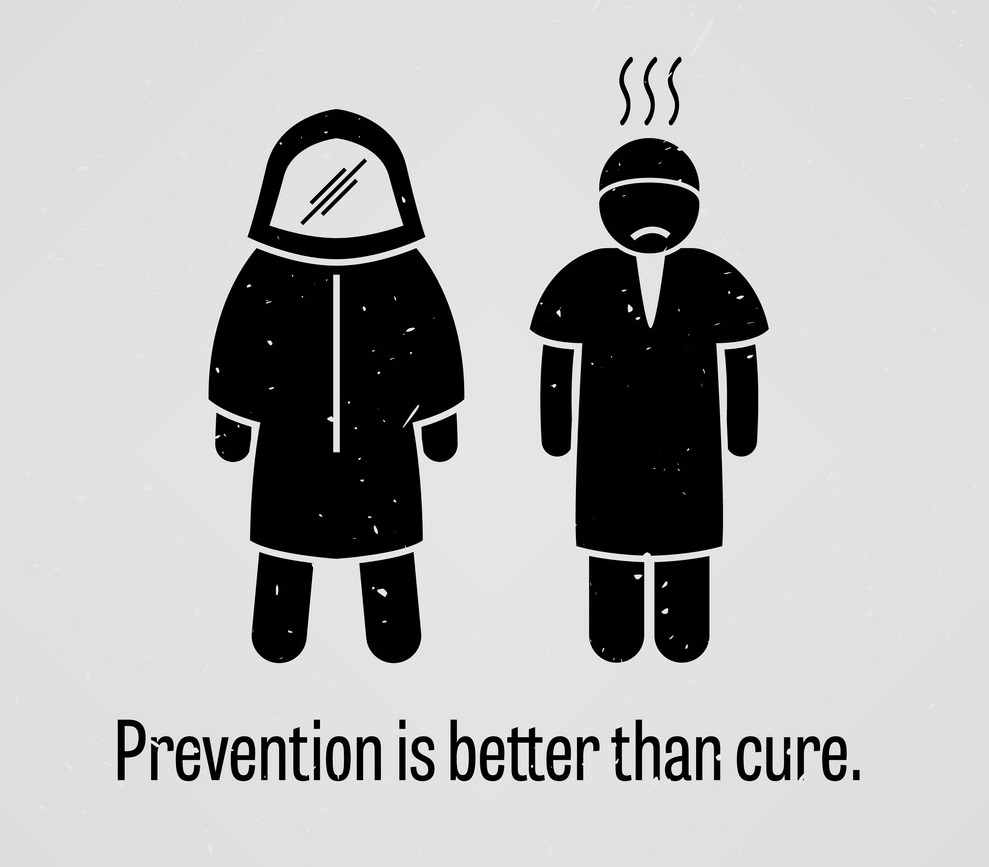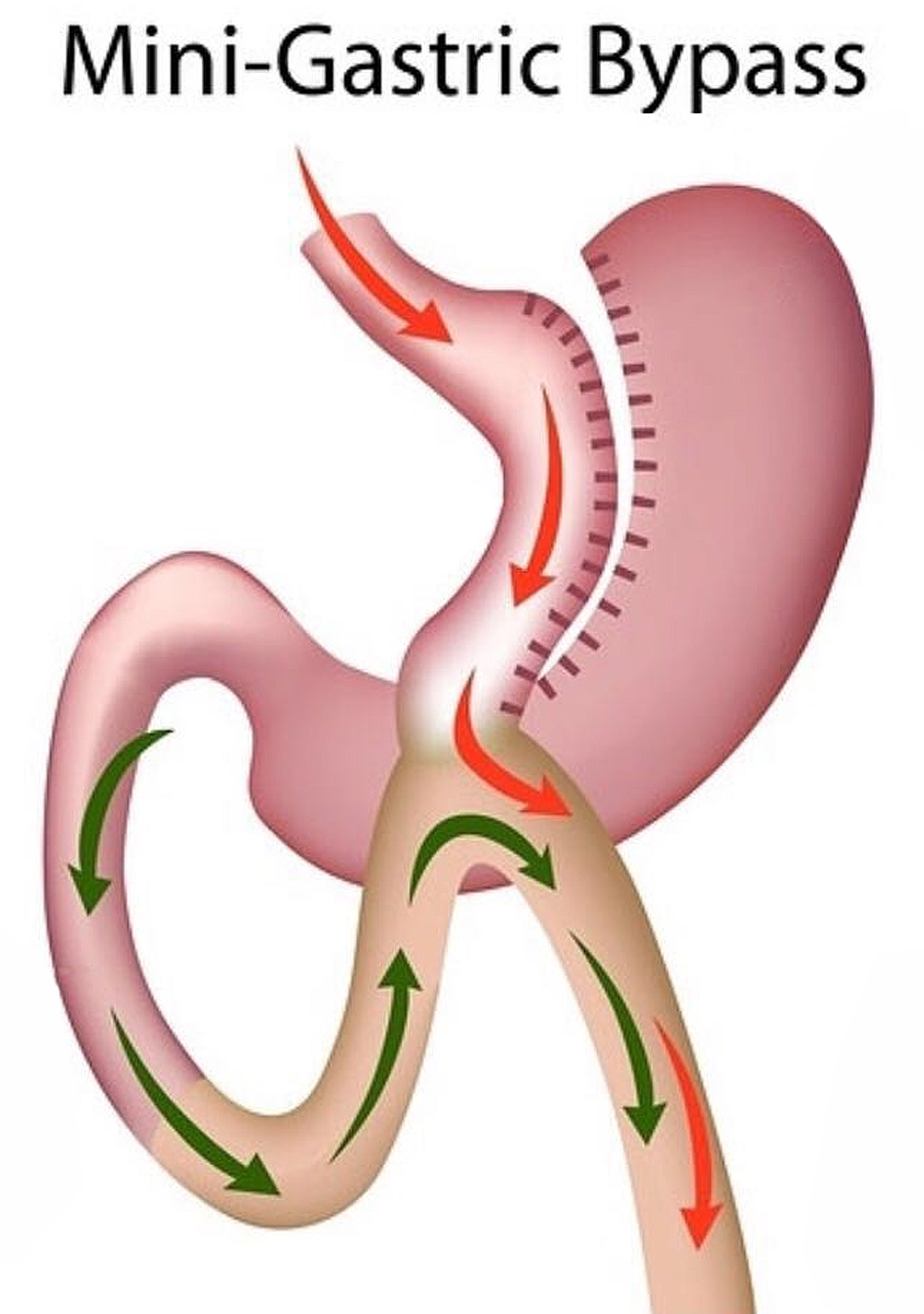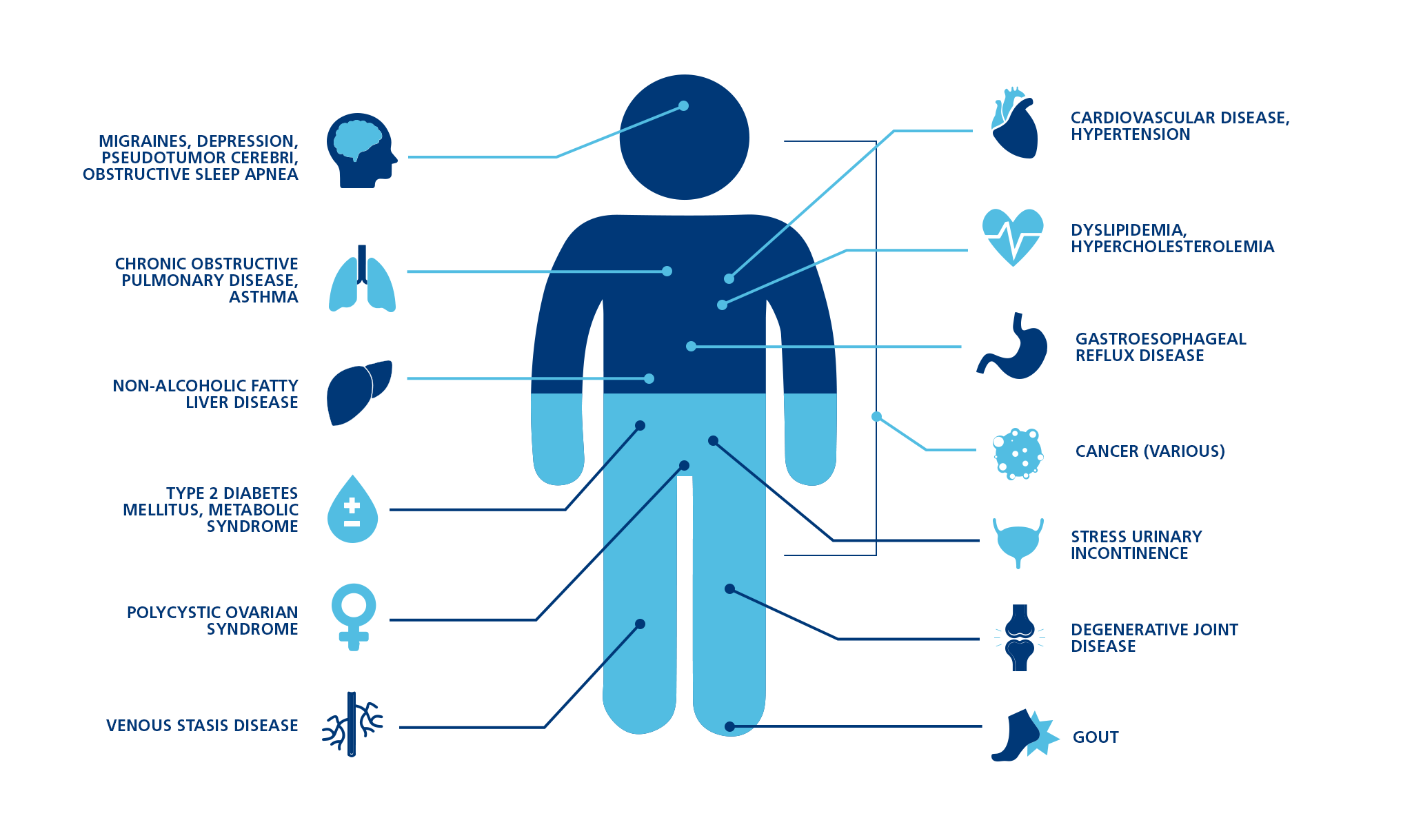Health, Obesity
10 Leading Causes for 'The Obesity Epidemic'
Obesity has reached epidemic proportions globally, with at least 2.8 million people dying each year as a result of being overweight or obese. Once associated with high-income countries, obesity is now also prevalent in low- and middle-income countries.
Summary: 60 Second Read
- Genetics Some people appear to be genetically susceptible to weight gain and obesity.
- Engineered Junk Foods Stores are filled with processed foods that are hard to resist. These products also promote overeating.
- Food Addiction Some people experience strong food cravings or addiction. This especially applies to sugar-sweetened, high-fat junk foods which stimulate the reward centers in the brain.
- Aggressive Marketing Food producers spend a lot of money marketing junk food, sometimes specifically targeting children, who don’t have the knowledge and experience to realize they are being misled.
- Insulin High insulin levels and insulin resistance are linked to the development of obesity. To lower insulin levels, reduce your intake of refined carbs and eat more fiber.
- Certain Medications Some medications may promote weight gain by reducing the number of calories burned or increasing appetite.
- Leptin Resistance Leptin, an appetite-reducing hormone, doesn’t work in many obese individuals.
- Food Availability In some areas, finding fresh, whole foods may be difficult or expensive, leaving people no choice but to buy unhealthy junk foods.
- Sugar Scientists believe that excessive sugar intake may be one of the main causes of obesity.
- Misinformation Misinformation may contribute to weight gain in some people. It can also make weight loss more difficult.

The leading causes of Obesity are-
1. Genetics
Obesity has a strong genetic component. Children of obese parents are much more likely to become obese than children of lean parents.
That doesn’t mean that obesity is completely predetermined. What you eat can have a major effect on which genes are expressed and which are not.
Summary- Some people appear to be genetically susceptible to weight gain and obesity.
2. Engineered Junk Foods
Heavily processed foods are often little more than refined ingredients mixed with additives.
These products are designed to be cheap, last long on the shelf and taste so incredibly good that they are hard to resist.
By making foods as tasty as possible, food manufacturers are trying to increase sales. But they also promote overeating.
Most processed foods today don’t resemble whole foods at all. These are highly engineered products, designed to get people hooked.
Summary- Stores are filled with processed foods that are hard to resist. These products also promote overeating.
3. Food Addiction
Many sugar-sweetened, high-fat junk foods stimulate the reward centers in your brain.
Junk foods can cause addiction in susceptible individuals. These people lose control over their eating behavior.
Addiction is a complex issue that can be very difficult to overcome. When you become addicted to something, you lose your freedom of choice and the biochemistry in your brain starts calling the shots for you.
Summary- Some people experience strong food cravings or addiction. This especially applies to sugar-sweetened, high-fat junk foods which stimulate the reward centers in the brain.
4. Aggressive Marketing
Junk food producers are very aggressive marketers.
Their tactics can get unethical at times and they sometimes try to market very unhealthy products as healthy foods.
These companies also make misleading claims. What’s worse, they target their marketing specifically towards children.
In today’s world, children are becoming obese, diabetic and addicted to junk foods long before they’re old enough to make informed decisions about these things.
Summary- Food producers spend a lot of money marketing junk food, sometimes specifically targeting children, who don’t have the knowledge and experience to realize they are being misled.
5. Insulin
Insulin is a very important hormone that regulates energy storage, among other things.
One of its functions is to tell fat cells to store fat and to hold on to the fat they already carry.
The Western diet promotes insulin resistance in many overweight and obese individuals. This elevates insulin levels all over the body, causing energy to get stored in fat cells instead of being available for use.
While insulin’s role in obesity is controversial, several studies suggest that high insulin levels have a causal role in the development of obesity.
One of the best ways to lower your insulin is to cut back on simple or refined carbohydrates while increasing fiber intake.
This usually leads to an automatic reduction in calorie intake and effortless weight loss.
Summary- High insulin levels and insulin resistance are linked to the development of obesity. To lower insulin levels, reduce your intake of refined carbs and eat more fiber.
6. Certain Medications
Many pharmaceutical drugs can cause weight gain as a side effect.
For example, antidepressants have been linked to modest weight gain over time.
Other examples include diabetes medication and antipsychotics.
These drugs don’t decrease your willpower. They alter the function of your body and brain, reducing metabolic rate or increasing appetite.
Summary- Some medications may promote weight gain by reducing the number of calories burned or increasing appetite.
7. Leptin Resistance
Leptin is another hormone that plays an important role in obesity.
It is produced by fat cells and its blood levels increase with higher fat mass. For this reason, leptin levels are especially high in people with obesity.
In healthy people, high leptin levels are linked to reduced appetite. When working properly, it should tell your brain how high your fat stores are.
The problem is that leptin isn’t working as it should in many obese people, because for some reason it cannot cross the blood-brain barrier.
This condition is called leptin resistance and is believed to be a leading factor in the pathogenesis of obesity.
Summary- Leptin, an appetite-reducing hormone, doesn’t work in many obese individuals.
8. Food Availability
Another factor that dramatically influences people’s waistline is food availability, which has increased massively in the past few centuries.
Food, especially junk food, is everywhere now. Shops display tempting foods where they are most likely to gain your attention.
Another problem is that junk food is often cheaper than healthy, whole foods.
Summary- In some areas, finding fresh, whole foods may be difficult or expensive, leaving people no choice but to buy unhealthy junk foods.
9. Sugar
Added sugar may be the single worst aspect of the modern diet.
That’s because sugar changes the hormones and biochemistry of your body when consumed in excess. This, in turn, contributes to weight gain.
Added sugar is half glucose, half fructose. People get glucose from a variety of foods, including starches, but the majority of fructose comes from added sugar.
Excess fructose intake may cause insulin resistance and elevated insulin levels. It also doesn’t promote satiety in the same way glucose does.
For all these reasons, sugar contributes to increased energy storage and, ultimately, obesity.
Summary- Scientists believe that excessive sugar intake may be one of the main causes of obesity.
10. Misinformation
People all over the world are being misinformed about health and nutrition.
There are many reasons for this, but the problem largely depends on where people get their information from.
Many websites, for example, spread inaccurate or even incorrect information about health and nutrition.
Some news outlets also oversimplify or misinterpret the results of scientific studies and the results are frequently taken out of context.
Other information may simply be outdated or based on theories that have never been fully proven.
Food companies also play a role. Some promote products, such as weight loss supplements, that do not work.
Weight loss strategies based on false information can hold back your progress.
Summary- Misinformation may contribute to weight gain in some people. It can also make weight loss more difficult.
Reference:
- https://www.cdc.gov/obesity/adult/causes.html
- https://www.ncbi.nlm.nih.gov/pmc/articles/PMC2932668/
- https://www.who.int/news-room/facts-in-pictures/detail/6-facts-on-obesity



